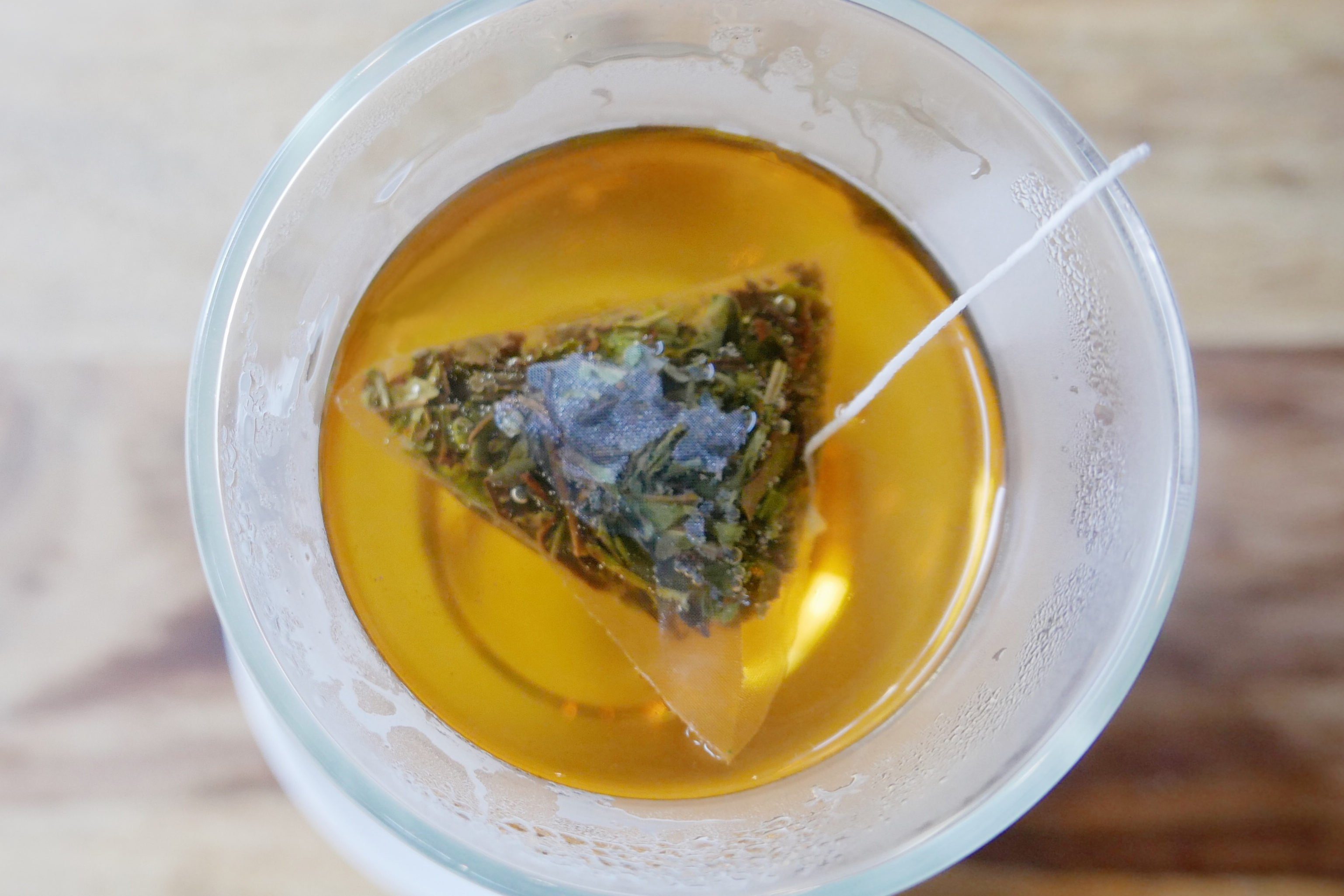
Tea bags
One tea bag can make two cups of tea—possibly even three or four. To get the most bang for your brew, continuously steep your tea in a teapot on the stove. If you only drink one cup in the morning, place your used tea bag in the refrigerator and re-purpose it later in the day to relax your eyes. Cool tea bags do wonders for eye puffiness and irritation. Plus, read up on what you’re doing wrong when it comes to your eyes.
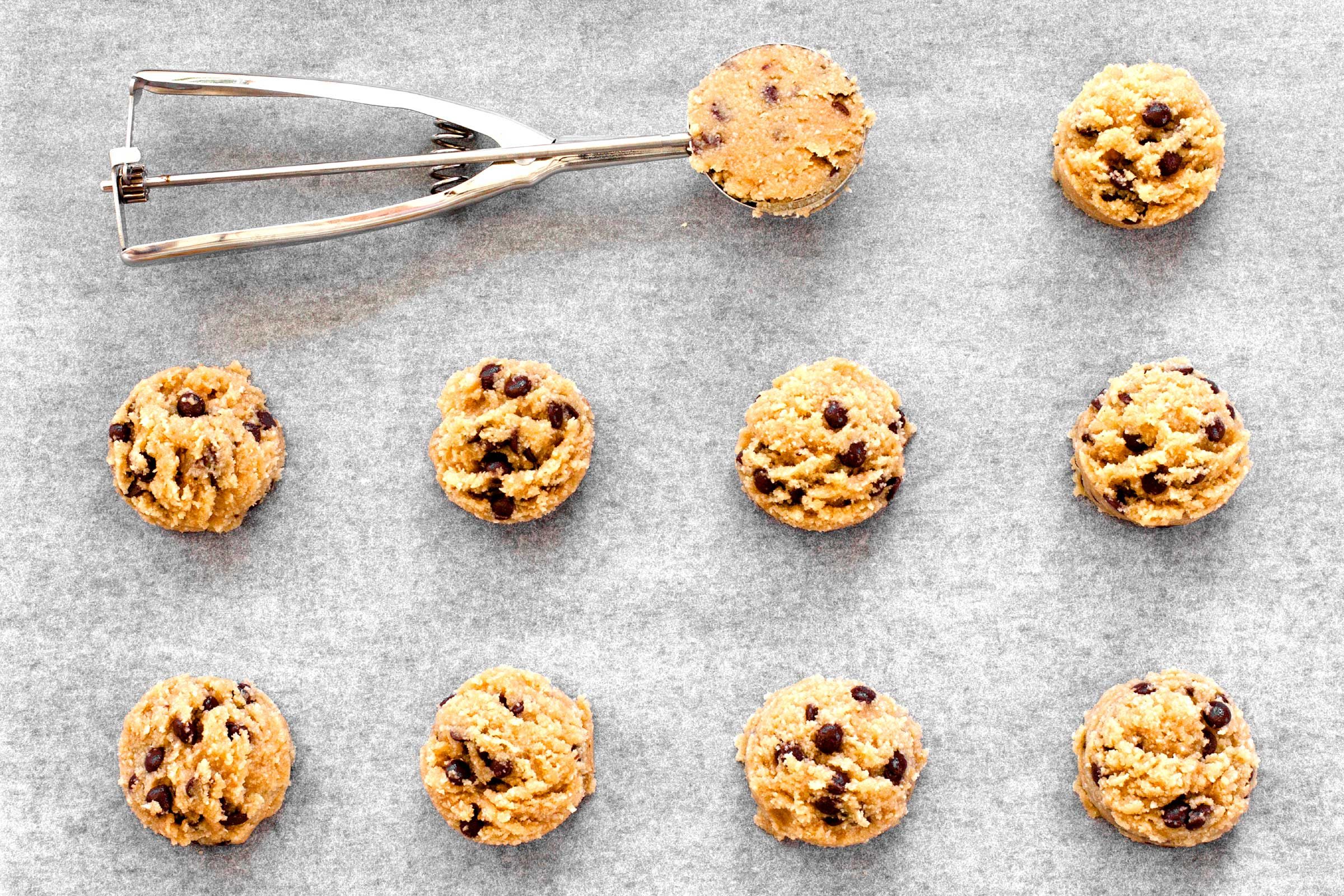
Parchment paper
Got a birthday party coming up? Bake multiple batches of cookies on the same piece of parchment paper. Most brands are oven safe up to 450 degrees Fahrenheit—and as long as there’s nothing stuck to the paper that could easily burn, it’s safe to reuse.
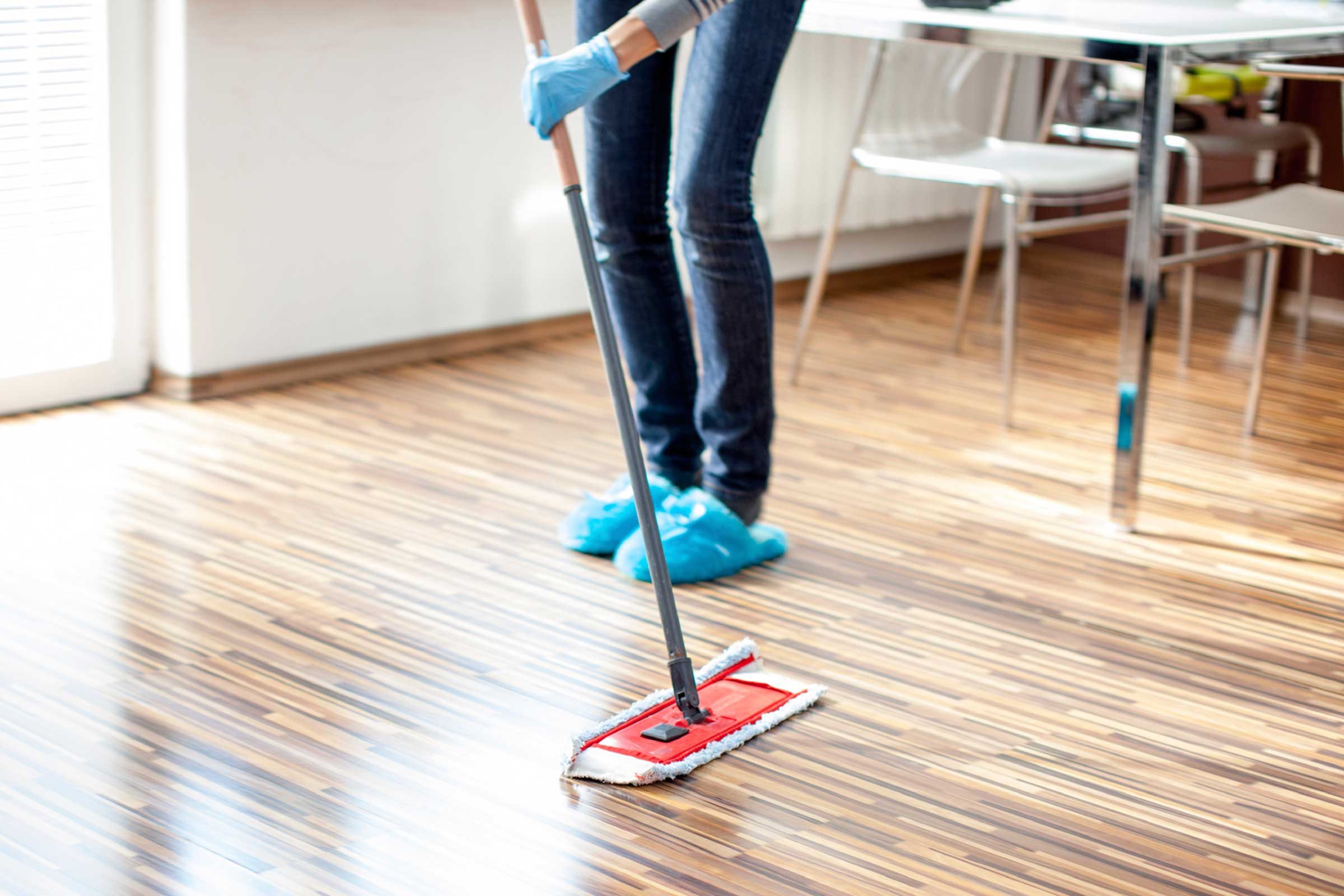
Clean Swiffer dusters
The pads that attach to the bottom of your Swiffer don’t have to go in the trash when you finish your chores. Fill your sink with warm water and soap and swish the duster around to ready it for a second use. Roll the pad into a power towel to eliminate any extra moisture; allow it to air dry.
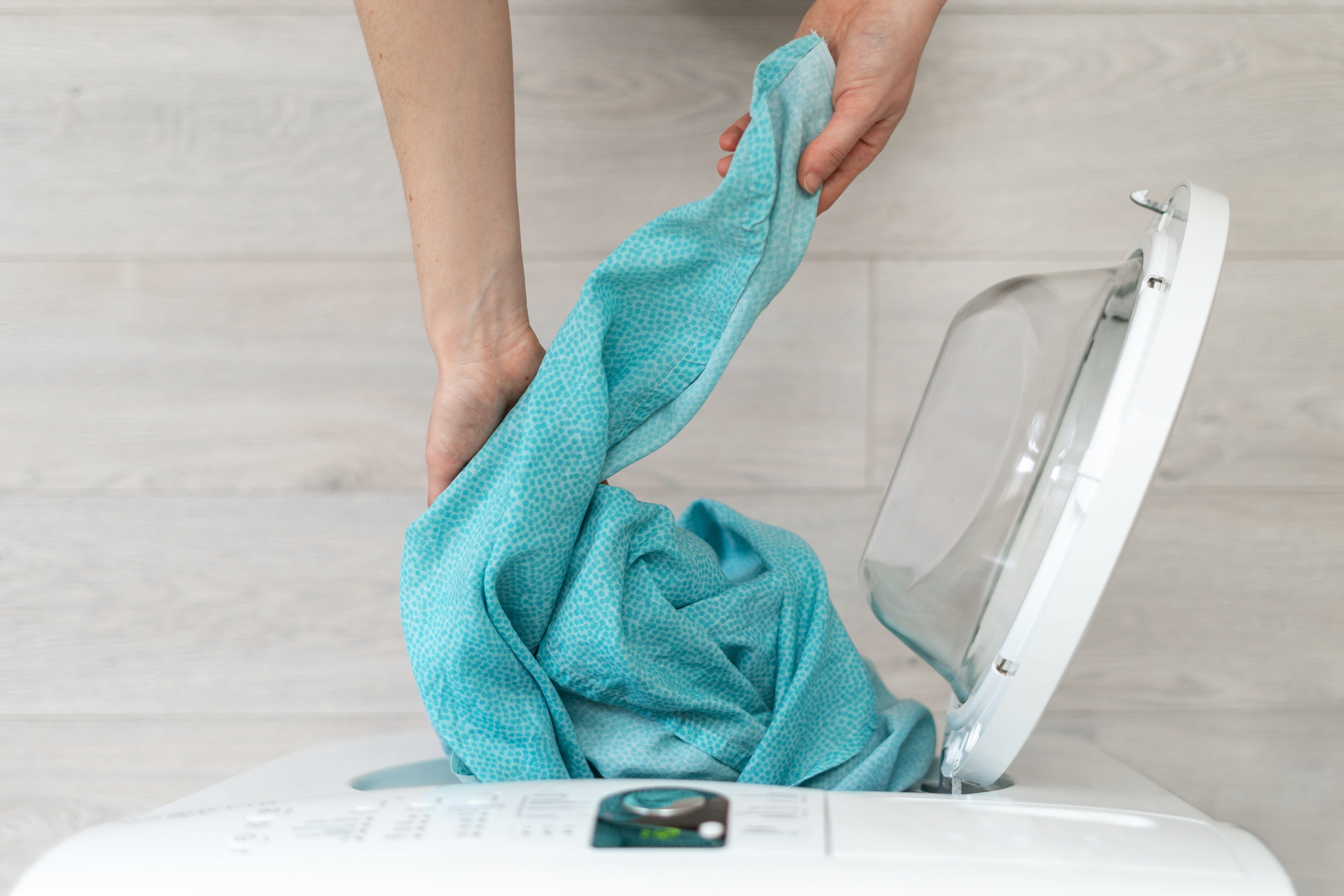
Dryer sheets
Dryer sheets are just as effective when cut in half and can be reused at least once. That’s four loads of laundry for the price of one! (Find out if washing clothes can protect you against COVID-19.)
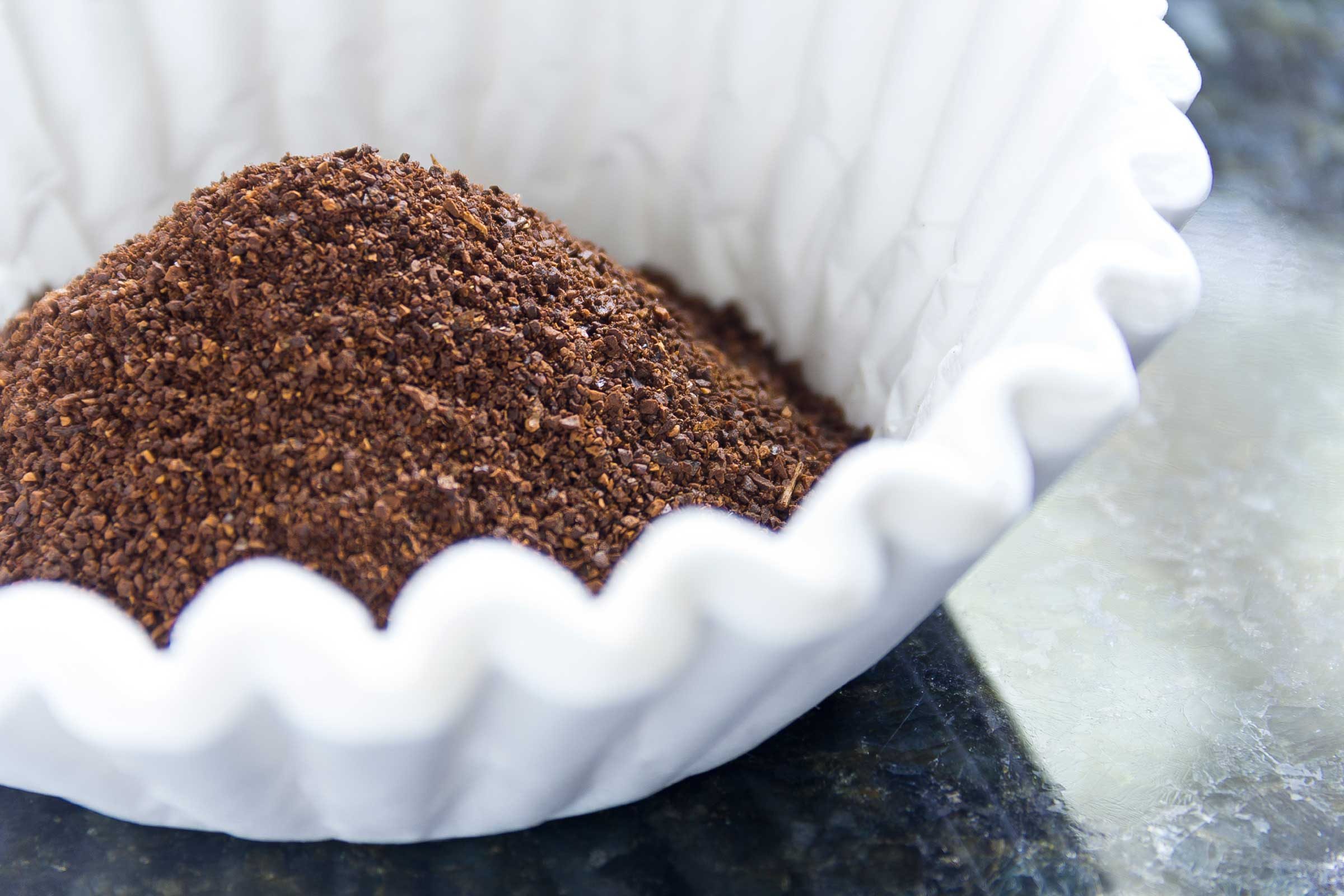
Coffee filters
Most coffee filters can be reused at least four or five times before they stop working effectively, according to groundtoground.org. Try one of these extraordinary beauty uses for the coffee grounds (or just discard them), rinse off the filter, allow it to dry, and reuse.
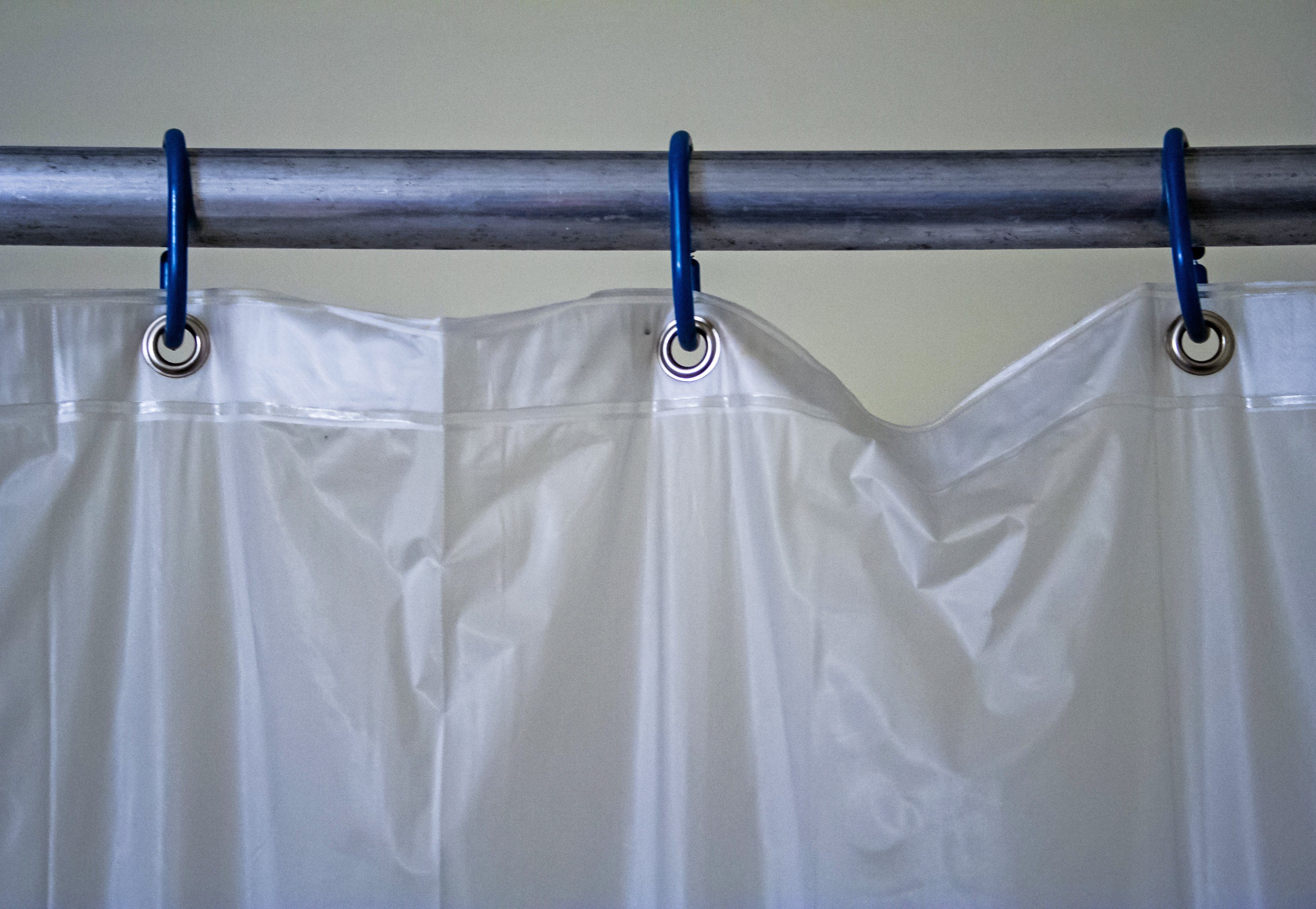
Shower curtain
Just because it’s coated in soap scum doesn’t mean it has to be disposable. Instead of tossing the curtain, try this: remove the curtain from its hooks and put it in your washing machine, along with regular detergent and a cup of baking soda. Rehang the shower curtain to dry. (Don’t miss these vinegar cleaning hacks that will save you money.)
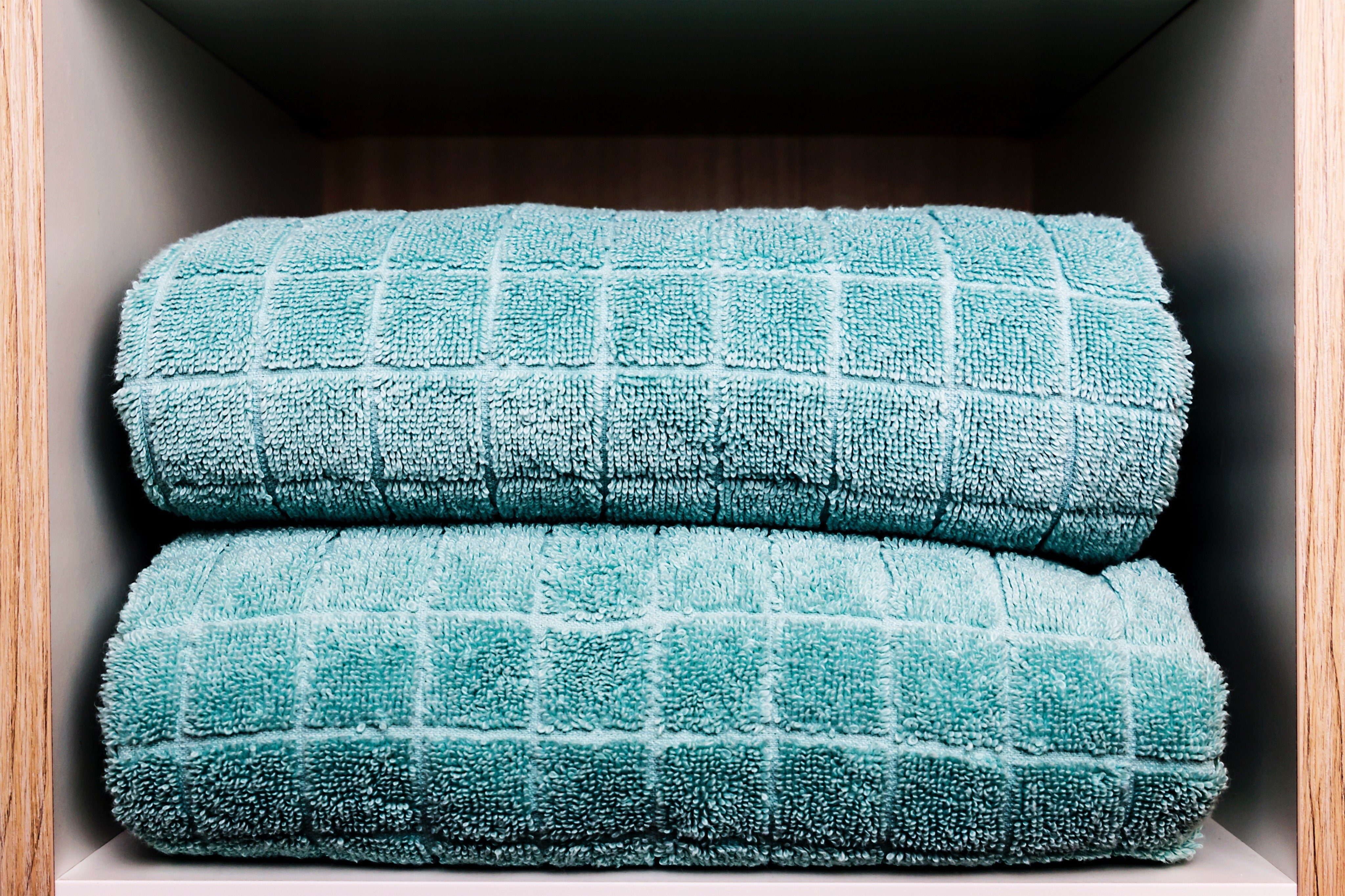
Old towels
As your bath towels fade and accumulate holes, don’t immediately throw them in the trash. Cut them up and use them as washable cleaning rags to take care of dirty floors, cars, pets, and more. If you’re feeling creative, you can even turn them into DIY creations like bath mats and soft dog toys.
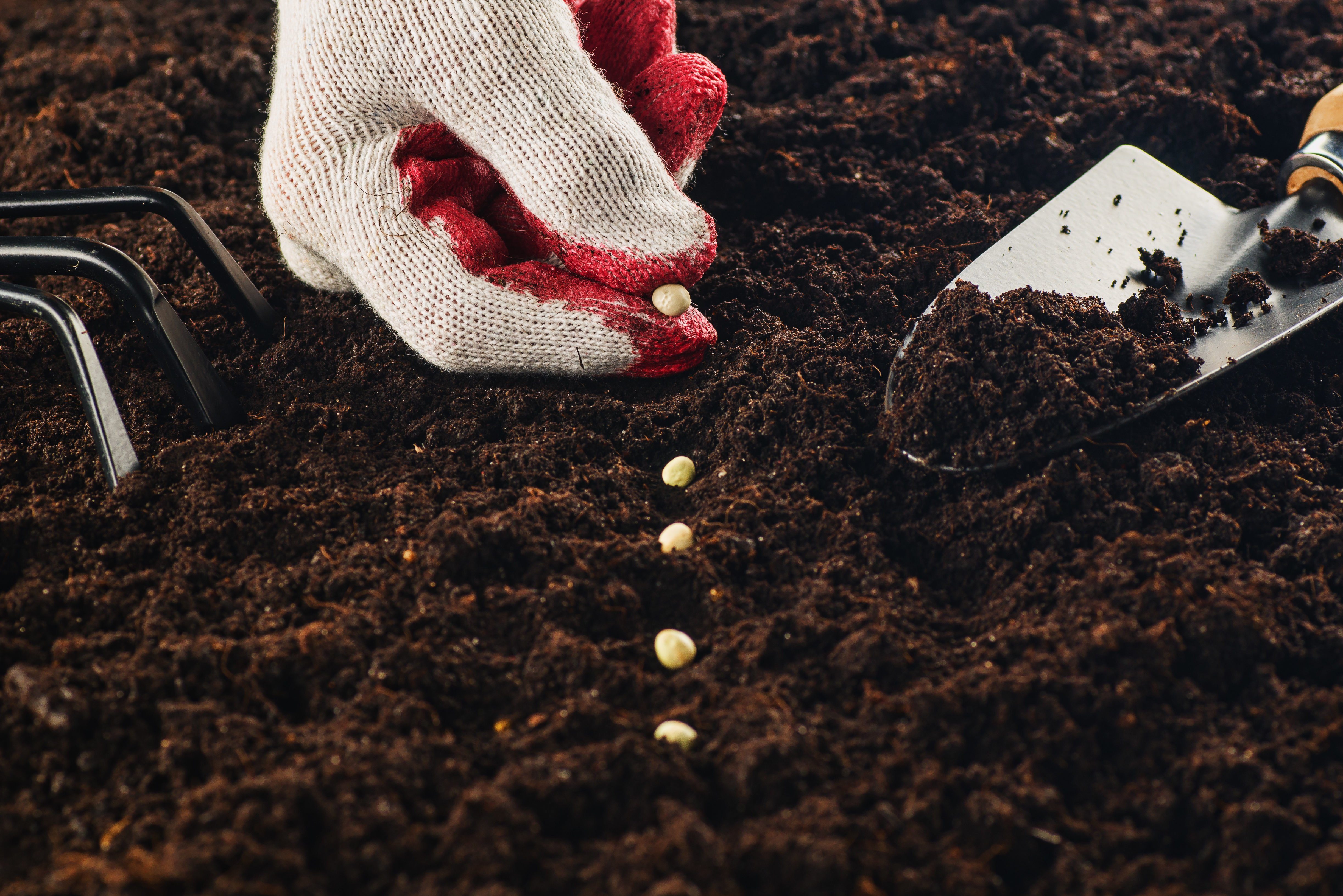
Seeds
Your flowers and vegetables have uses beyond just their harvesting season. Let a few of your plants go to seed (if you don’t harvest them, they will stop growing and eventually produce seeds); you can keep those seeds and use them for next year’s crops. Howtosaveseeds.com explains the seed saving instructions for several different plants. Plus, learn how to grow indoor herbs and veggies at home.
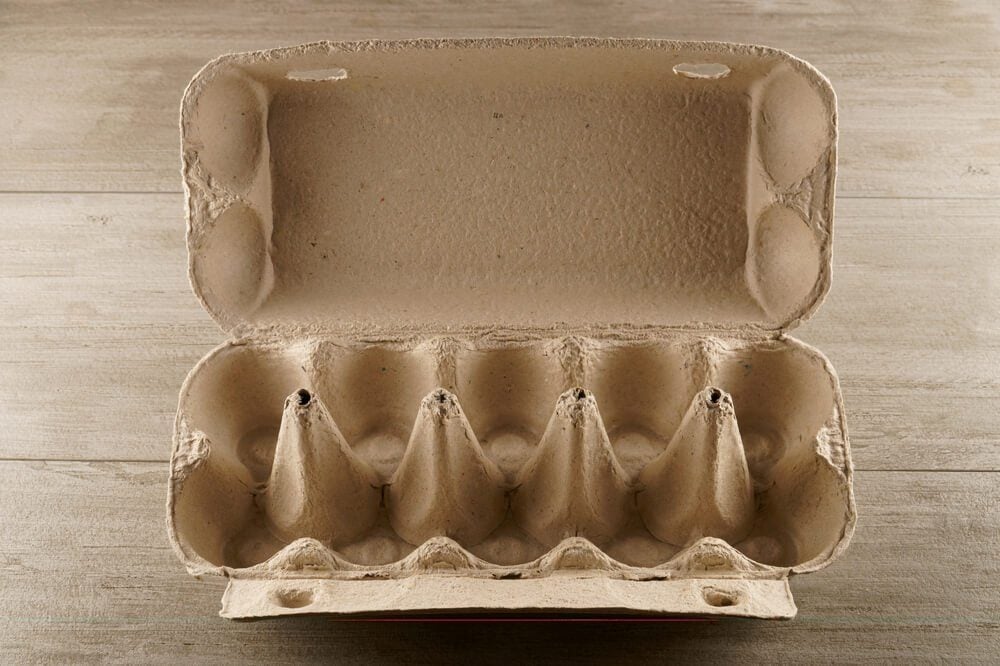
Egg cartons
Egg cartons are designed to keep small, fragile items safe. Who says eggs should be the only things to get that protection? Use empty (and clean!) cartons to store small Christmas ornaments and lightbulbs, or turn them into organizing trays for screws and bolts. (Here’s how to Marie Kondo your fridge for better eating.)
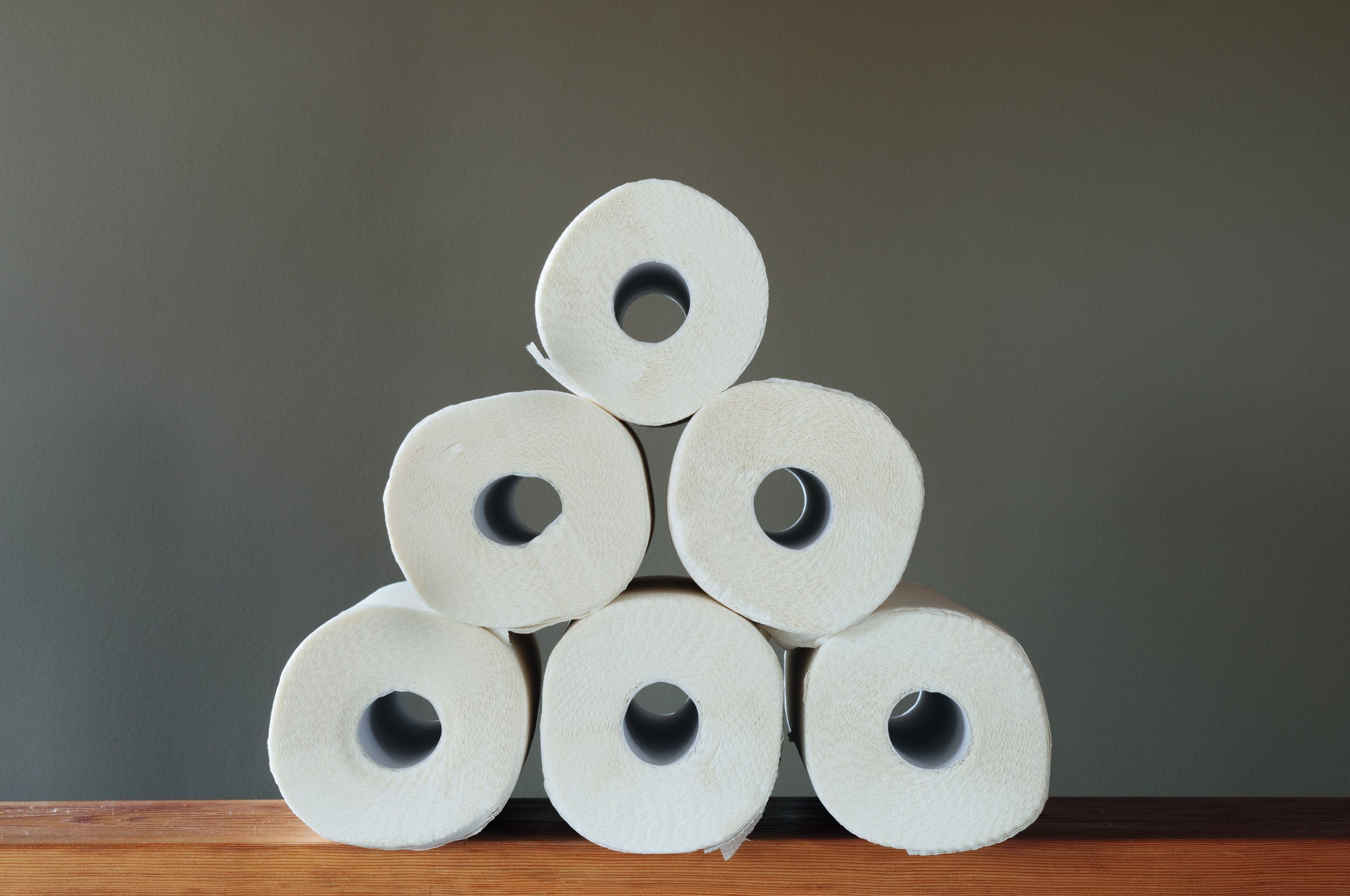
Paper rolls
When expert crafters see paper towel or toilet paper rolls, they see endless crafting possibilities. But, you don’t need to have an artistic vision to reuse cardboard tubes. Slip them over wrapped cables and extension cords to keep them from tangling, cut and re-tape tubes over the bottom of hangers to keep pants from creasing, or stuff them with the many plastic bags laying around the house. The options are endless!
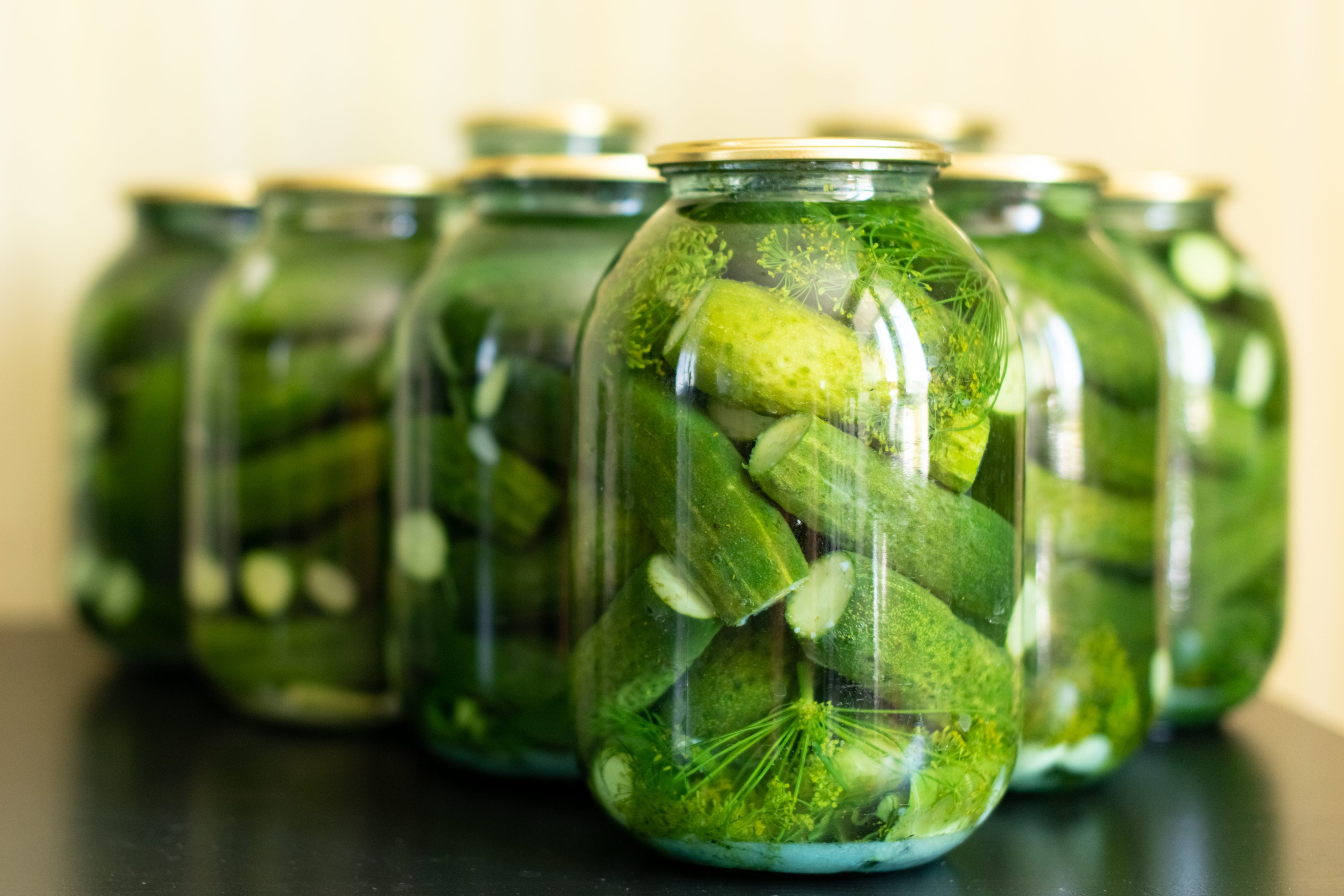
Pickle jars
Give these a quick wash and you’ll have a reusable glass storage container. Beth Nydick, founder of Blue Barn Kitchen, uses them to “store leftovers, homemade sauces, freeze fresh foods, and dried teas.” They can even be used as a small planter.
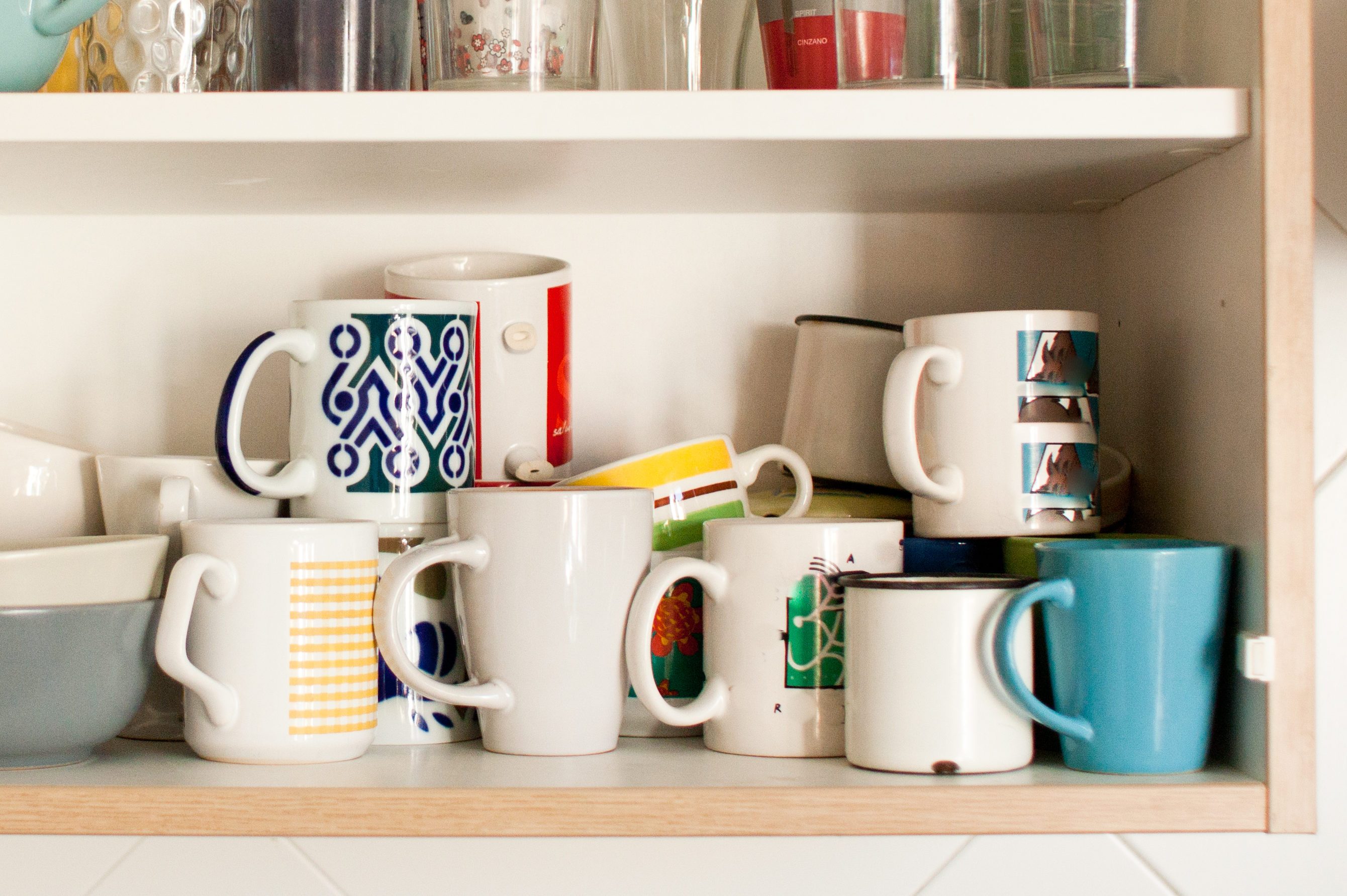
Coffee mugs
Lisa Torelli-Sauer, editor at Sensible Digs, upcycles old mugs into small flowerpots. She says, “Old coffee mugs can be painted to perfectly match your home’s decor. Repaint multiple mugs in coordinating colours or paint them in a matching theme. Coffee mugs are an especially good size for small succulents or herbs grown inside.”
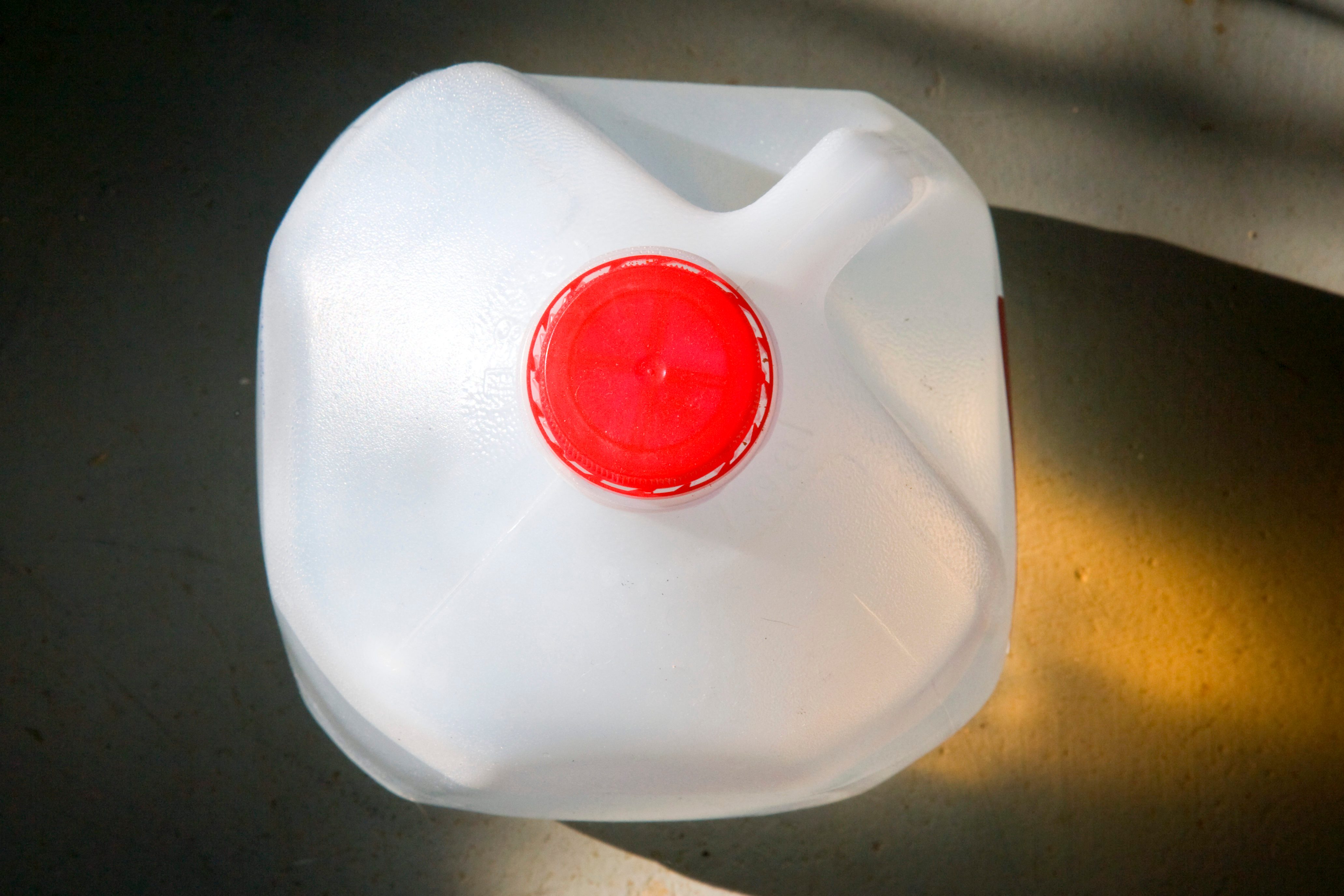
Water jugs
You can use water, milk, or detergent jugs as weights instead of going out to purchase expensive exercise equipment. This brilliant idea for stay-at-home workouts comes from Dr. Karl Smith, Director of Residential Well Living at Cortland Partners.
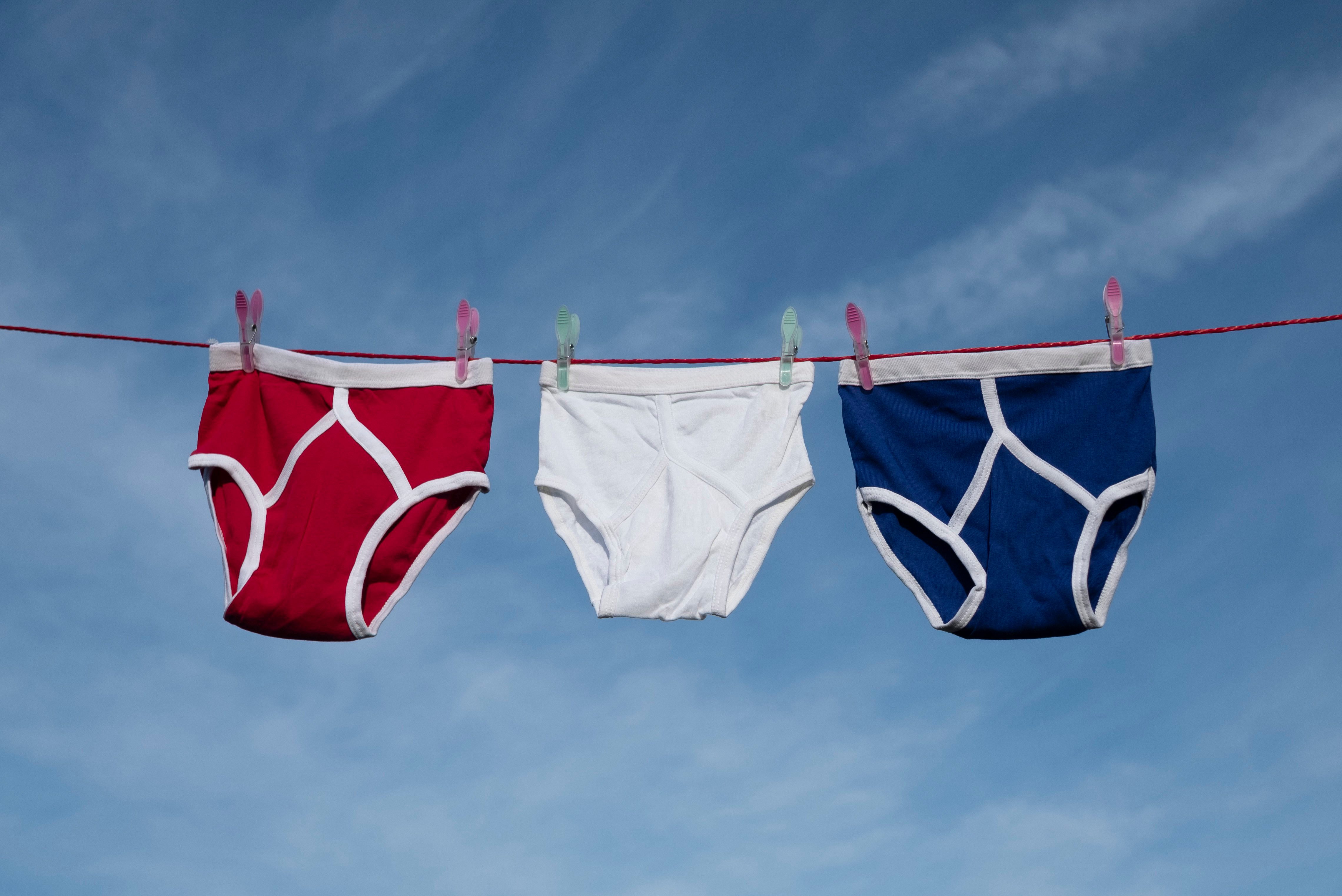
Underwear
The author of Gilded Pearls (Vibrant Thoughts, Tips and Tidbits for a Full Life), Carol Gee, recycles old underwear and T-shirts as cleaning rags instead of purchasing towels. They are perfect for dusting, wiping countertops, and even washing your car.
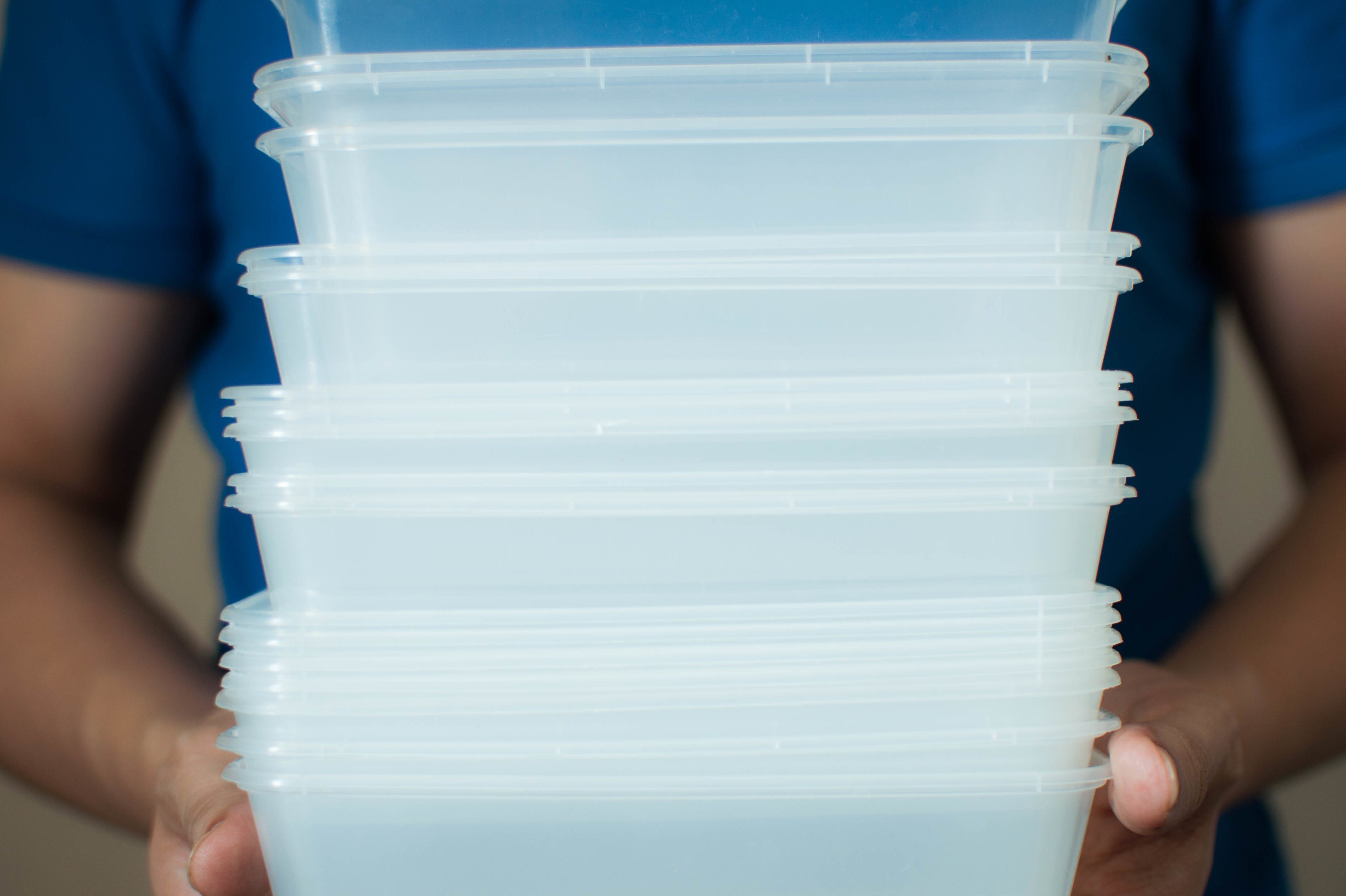
Takeout containers
When you order takeout, you can keep the containers and reuse them for storing your own homemade food or even future takeout orders in order to reduce resources. Adam Lumb of Cashcow suggests, “The first time you try this, make sure to call the restaurant to explain your intention. Keep in mind that they might ask you to arrive a couple of minutes earlier than usual to box your food. Once they get familiar with this request, you can go back to ordering online if you did before—with a note explaining that you will bring your own packaging.”
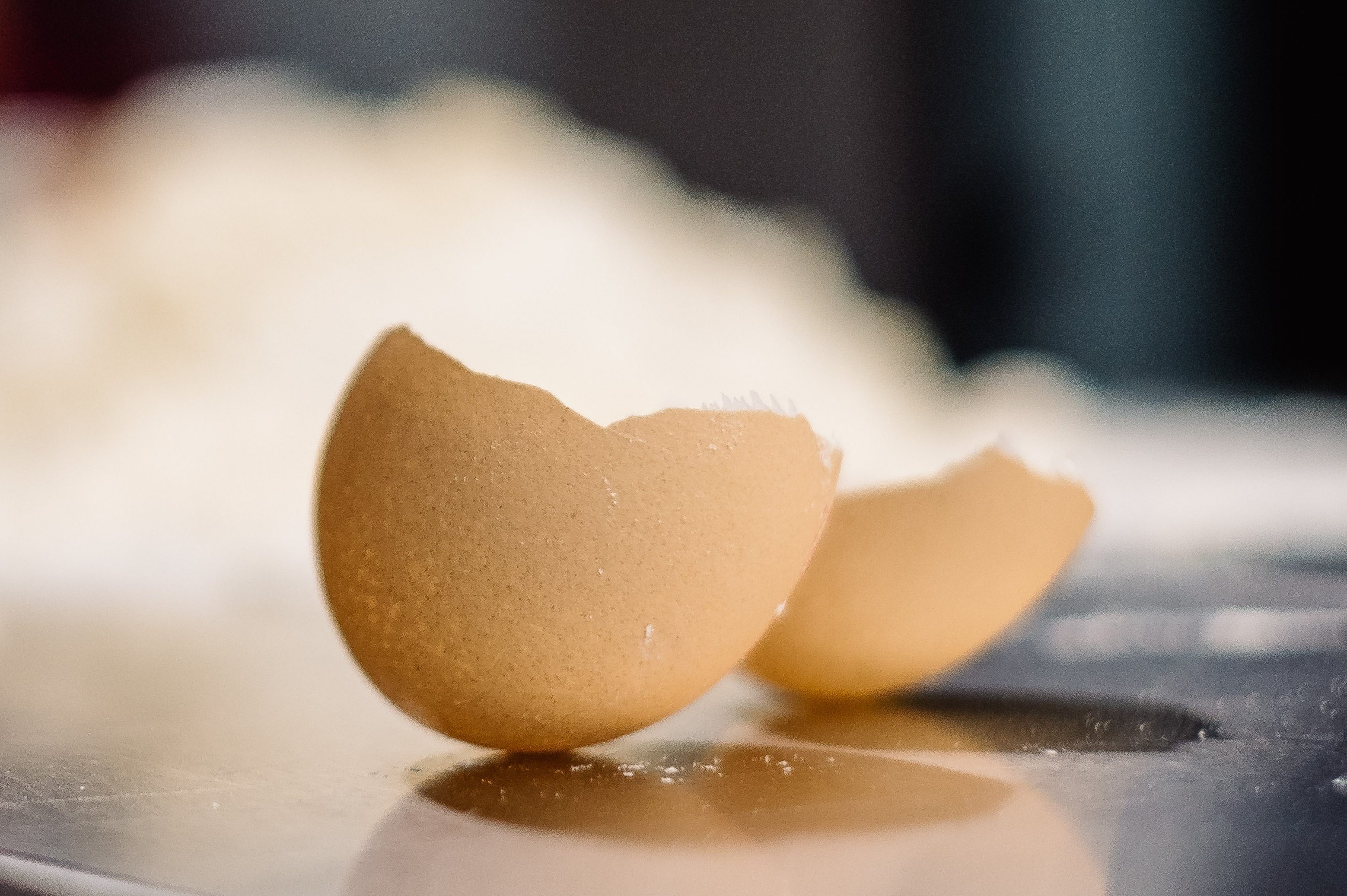
Eggshells
The Marketing Director of Toolbox Genomics advises using thoroughly washed and dried eggshells to drop in your morning coffee to reduce the acidity. This will improve the taste and make your morning drink easier on your stomach.
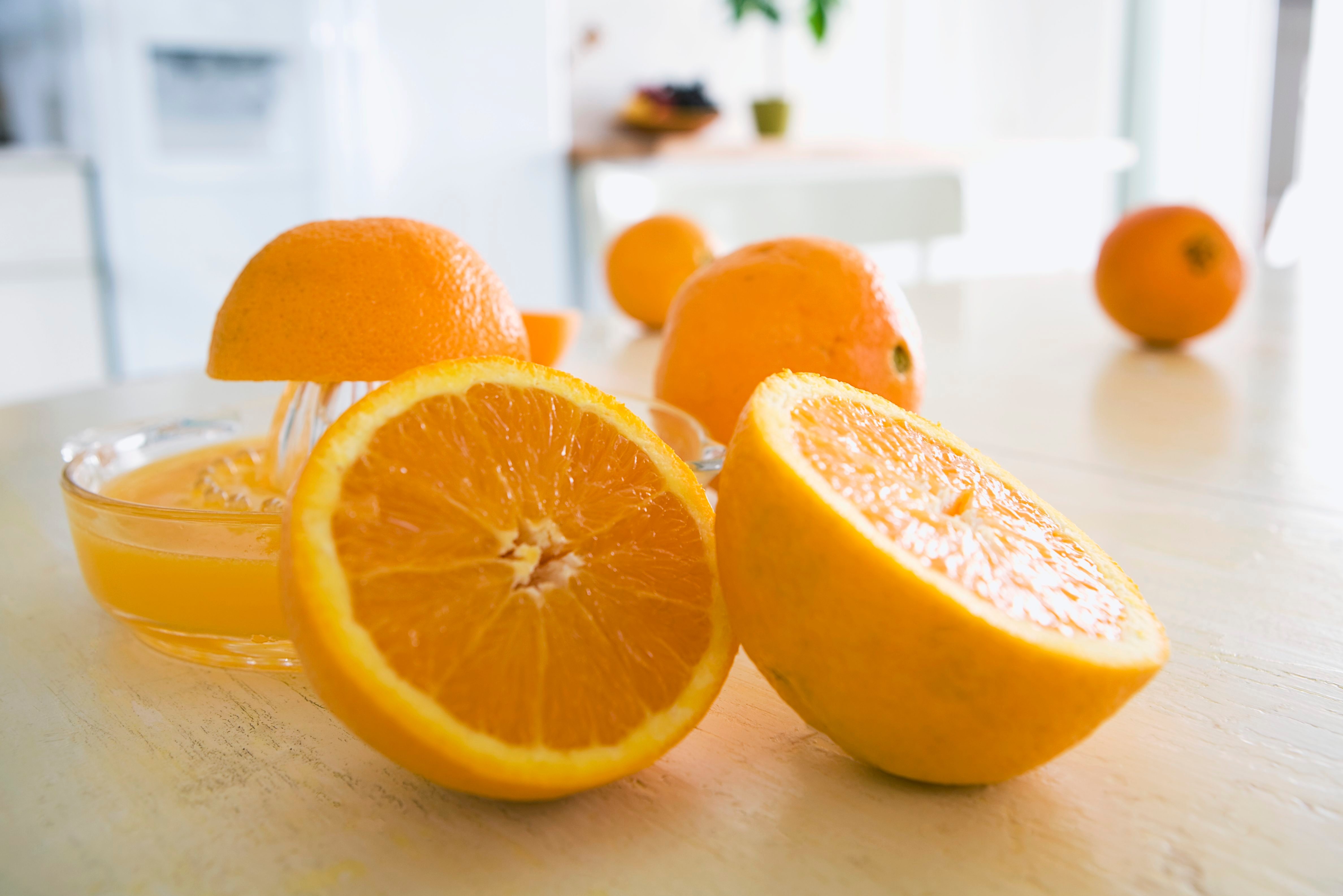
Citrus rinds
Take the rinds from citrus fruits, such as lemons and oranges, and boil them in hot water on the stove for a fresh-smelling house. Amy Bloomer, founder of Let Your Space Bloom, LLC, says, “I learned this trick from my great grandmother who had a lemon tree in her backyard.”
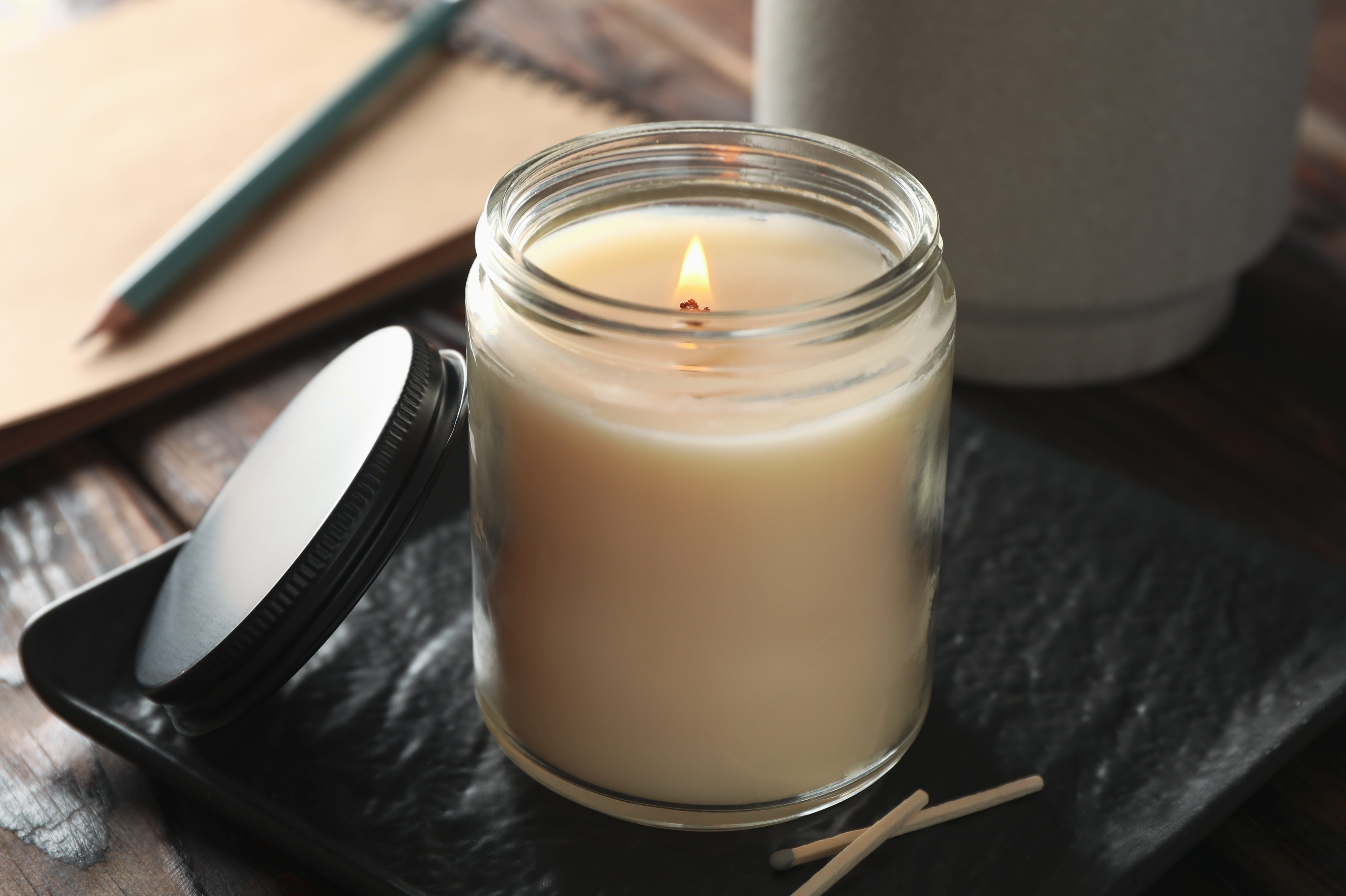
Candle jars
Candles come in all shapes and sizes, each with their own recyclable purpose, according to sustainability blogger Kaitlyn Ray. Larger glass containers can be used to store food in bulk, while smaller jars with lids are perfect for coffee, loose tea, and spices. They can also be repurposed as bathroom storage for Q-tips and cotton balls or make for a trendy cocktail glass.
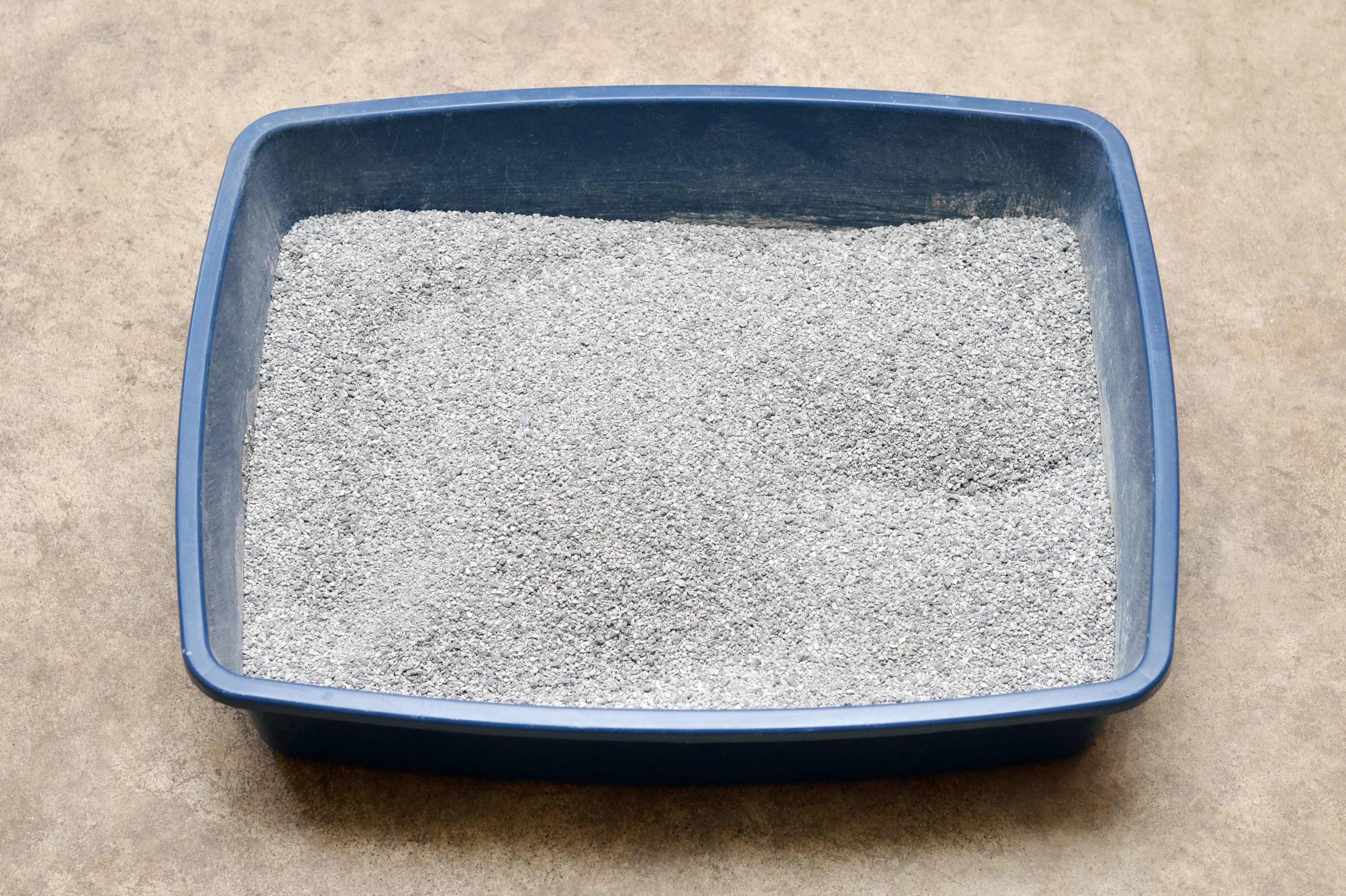
Kitty litter
For all the cat owners who find the copious amounts of kitty litter to be wasteful, an eco-friendly way to make use of the excess product is to use it as a grease absorbent. Doron Wolffberg of We’re All About Cats says, “Plain kitty litter is often used as an absorbent, which works well for cleaning up spilt grease or oil on driveways. It’s great for the garden, too. Next time you find little sink holes in your garden, use a few scoops of kitty litter to even it out; or, if your lawn freezes due to cold winter, cat litter is a great substitute for de-icing salt.”
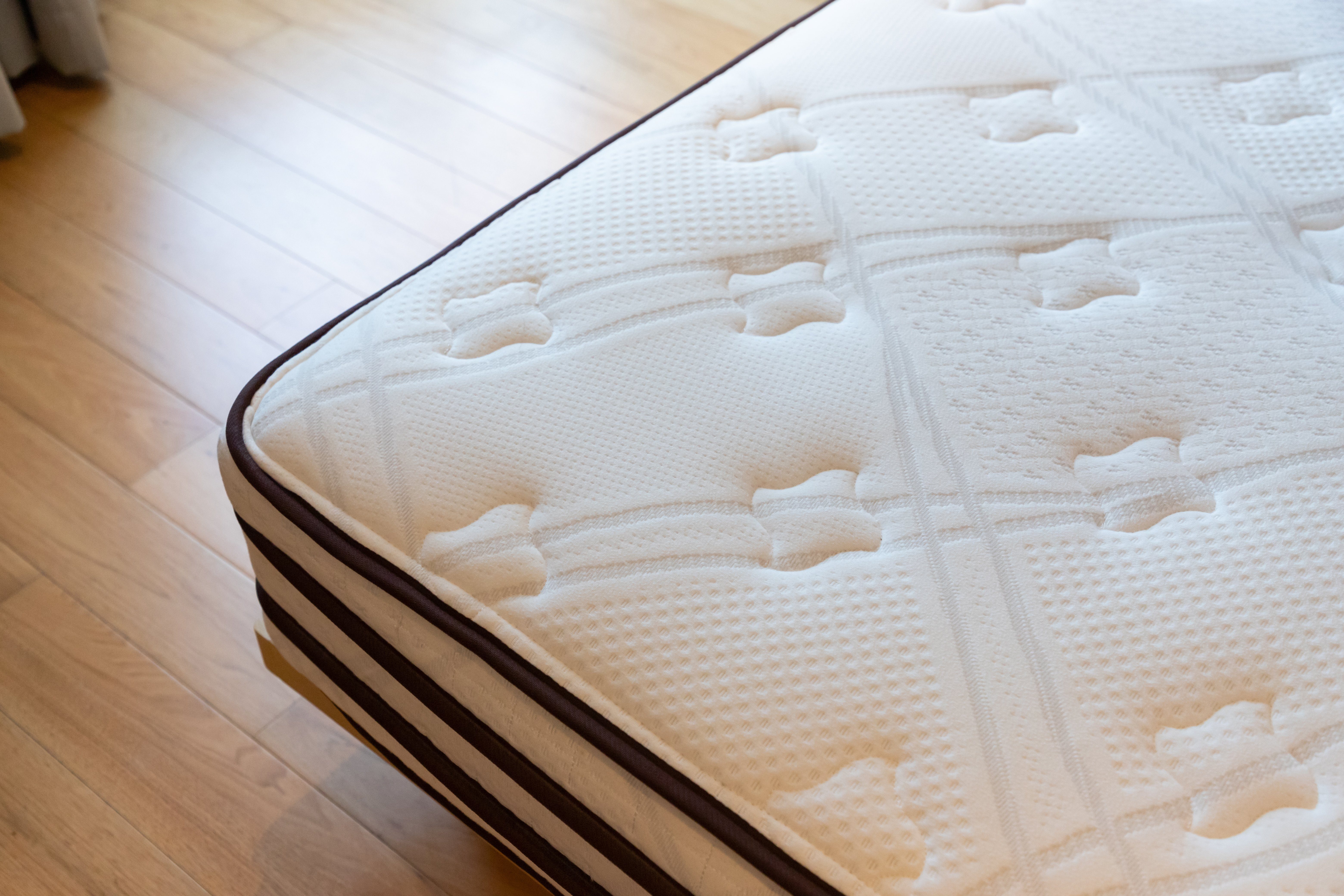
Mattress
Sleep experts at Bedroom Critic suggest that if you have a little extra time on your hands, taking apart a worn-out mattress has many alternative purposes. The buttons and fabric can be reused for sewing, while the stuffing serves as a sturdy protectant for transporting fragile items.
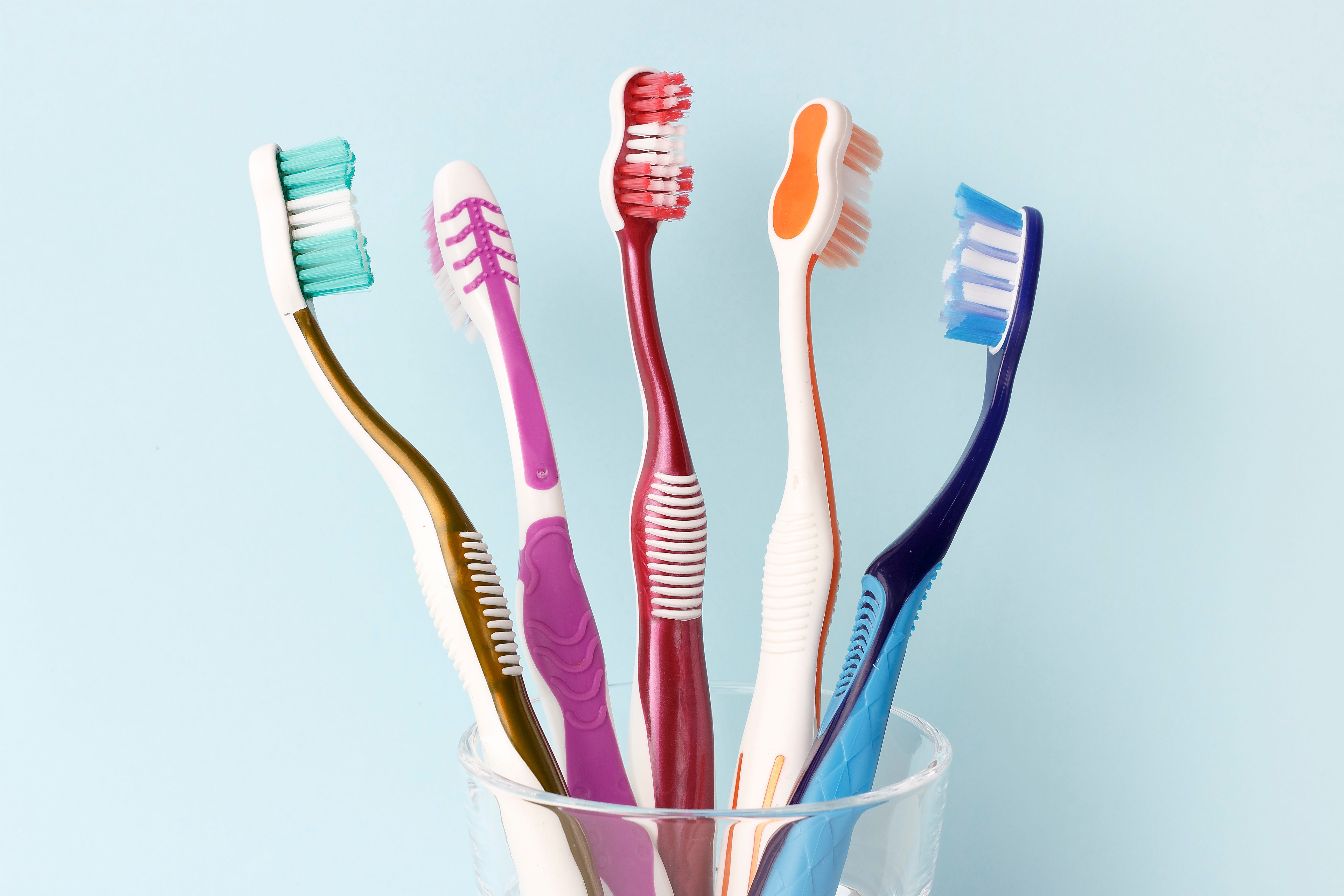
Toothbrushes
Old toothbrushes can be used for cleaning. Will Tottle of Steam Shower Parts suggests using them for hard-to-reach places such as cleaning a shower head, removing grout, or on delicate surfaces. They can also be used to apply hair dye or even as an eyebrow brush.
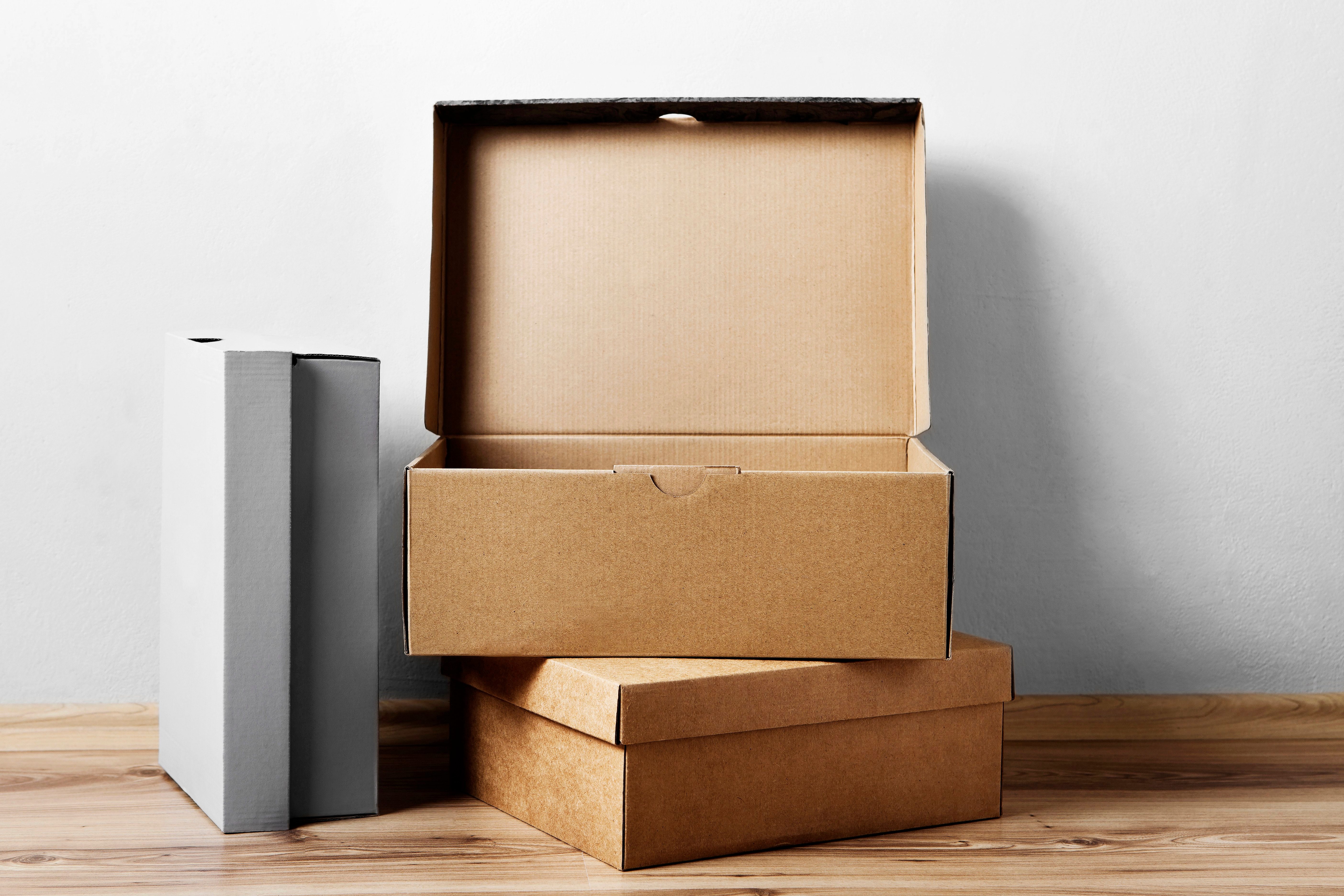
Shoeboxes
These cardboard boxes, especially the ones with a flip-up lid, are a convenient way to store craft supplies.
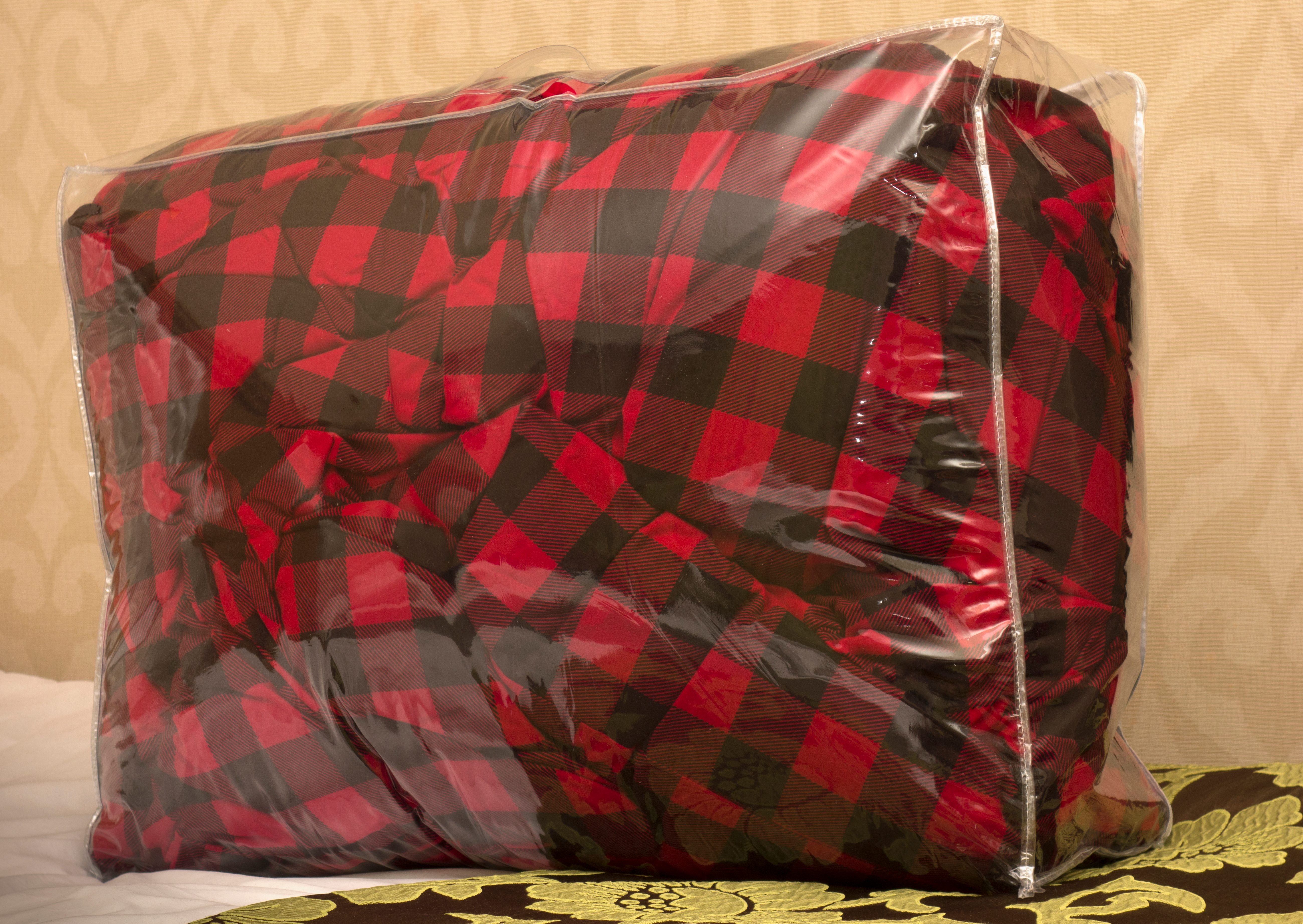
Plastic zippered bags
The giant plastic zippered bags that you immediately throw in the trash when you buy new bedding or pillows are actually great for storage. Natalie Clausen, founder of Full Green Life, suggests storing winter sweaters in them during the warmer months.
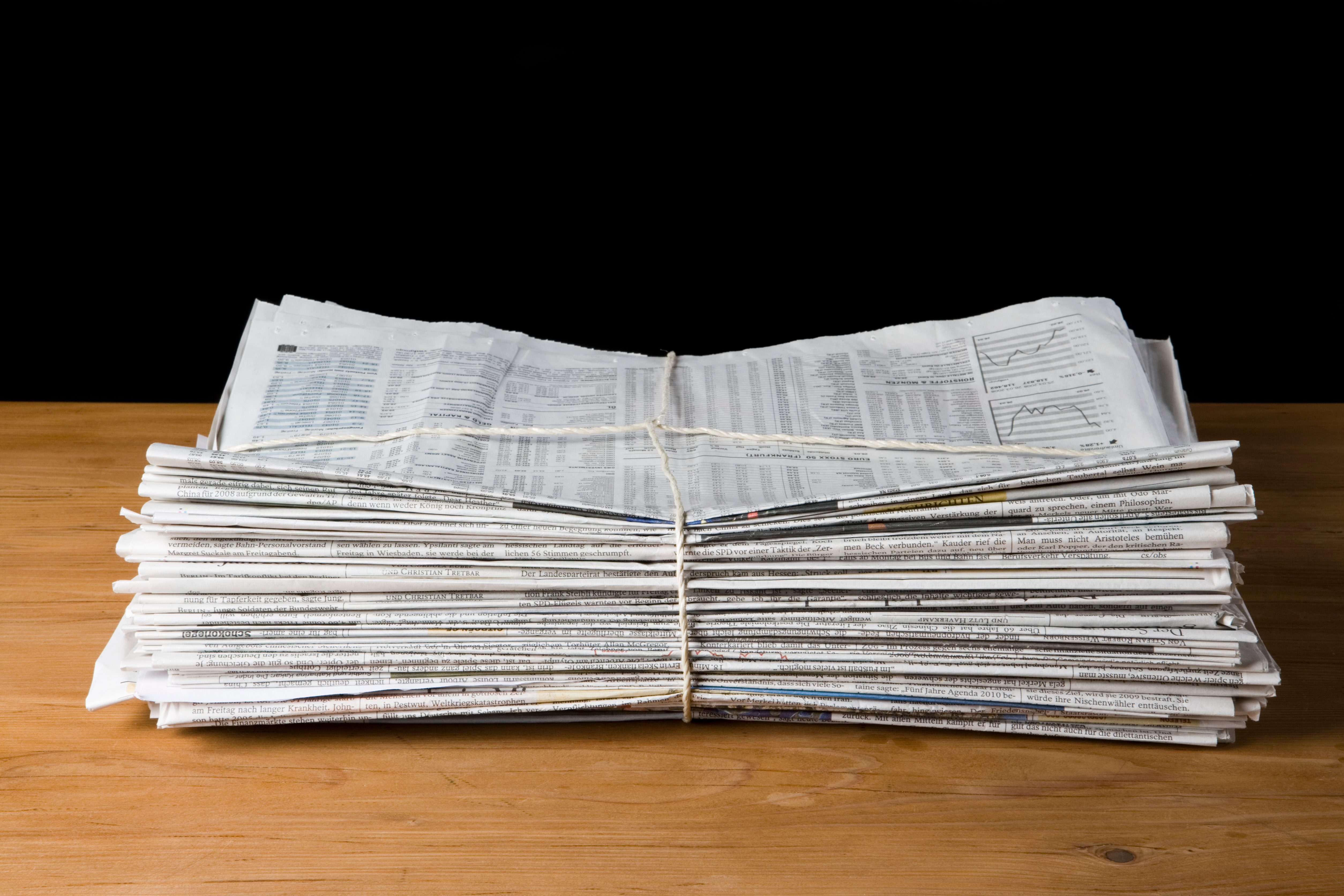
Newspapers
Recycle newspapers or even old magazines to use as wrapping paper. The paper can also wrap fragile objects when moving to prevent scratches or breakage. Newspapers are also exceptional at absorbing odours. Leave small, balled-up paper in your stinky sneakers for a fresher smell in the morning.
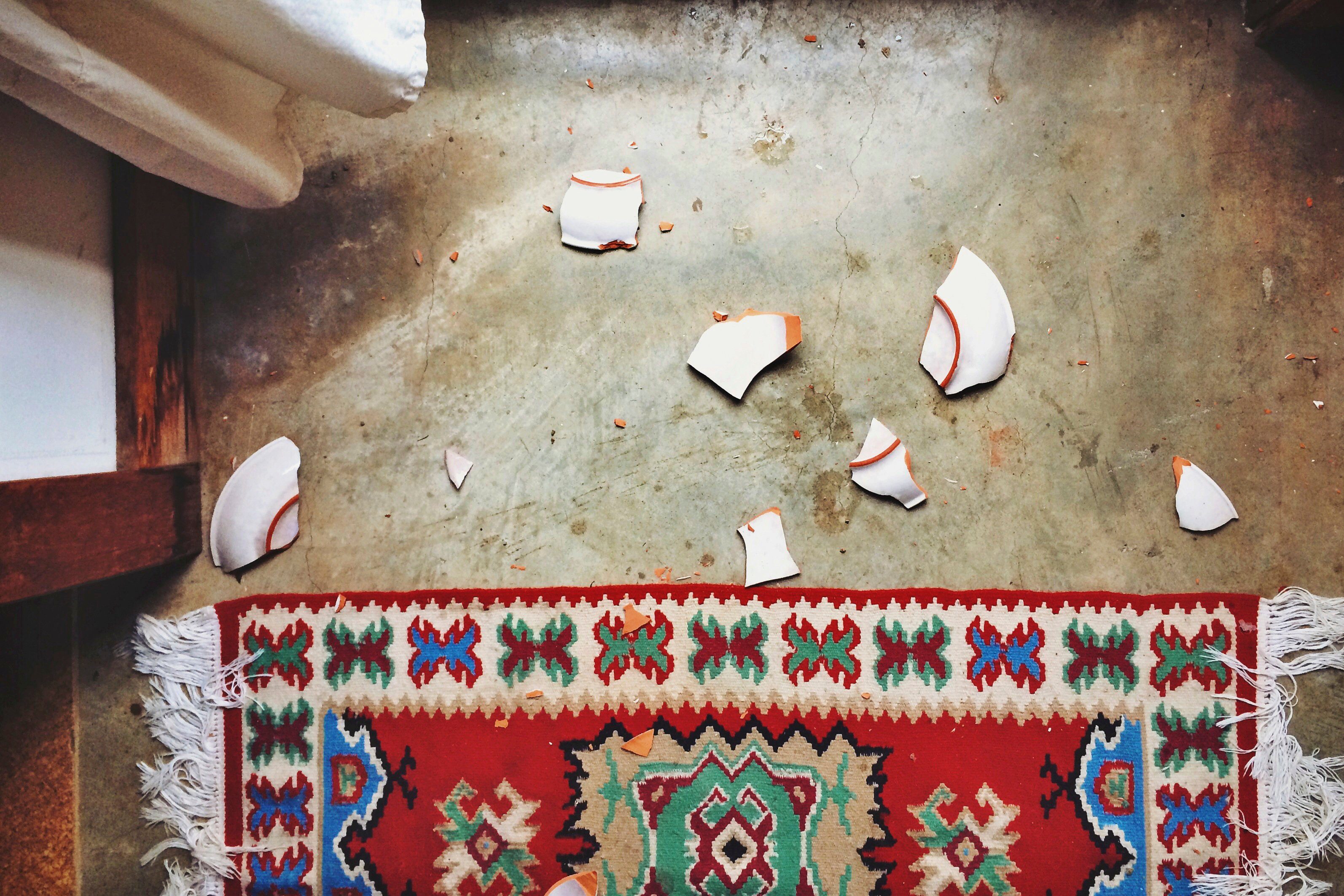
Broken dishes
Channel your inner Pinterest artist and get creative! Broken dishes can be used to add some design to outdoor tables, flower pots, or walkways. You may even be able to repurpose it into some trendy DIY jewellery.
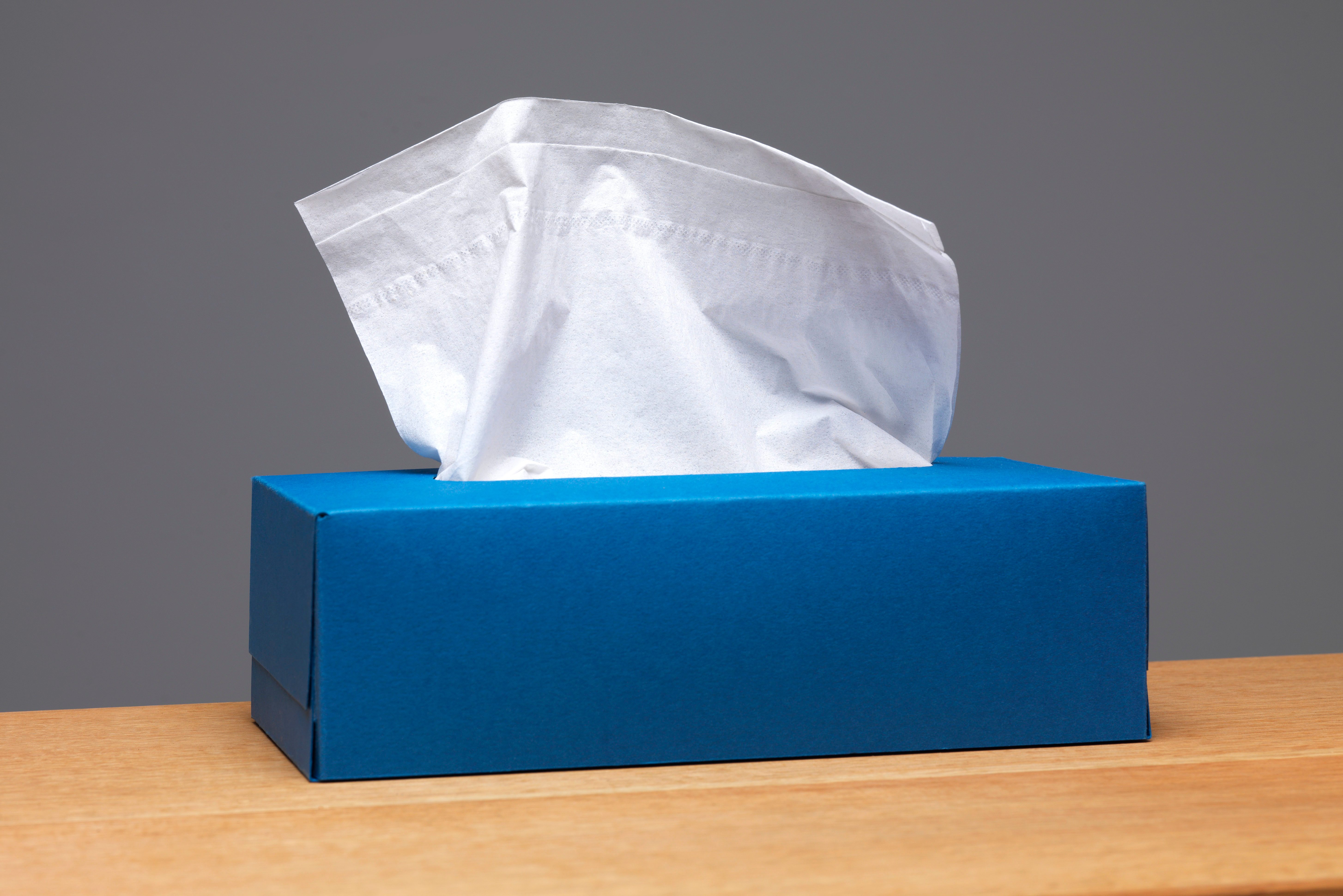
Tissue boxes
Use empty tissue boxes as a useful space to store plastic bags. This solution is neat and simple, and it will ultimately save you space.
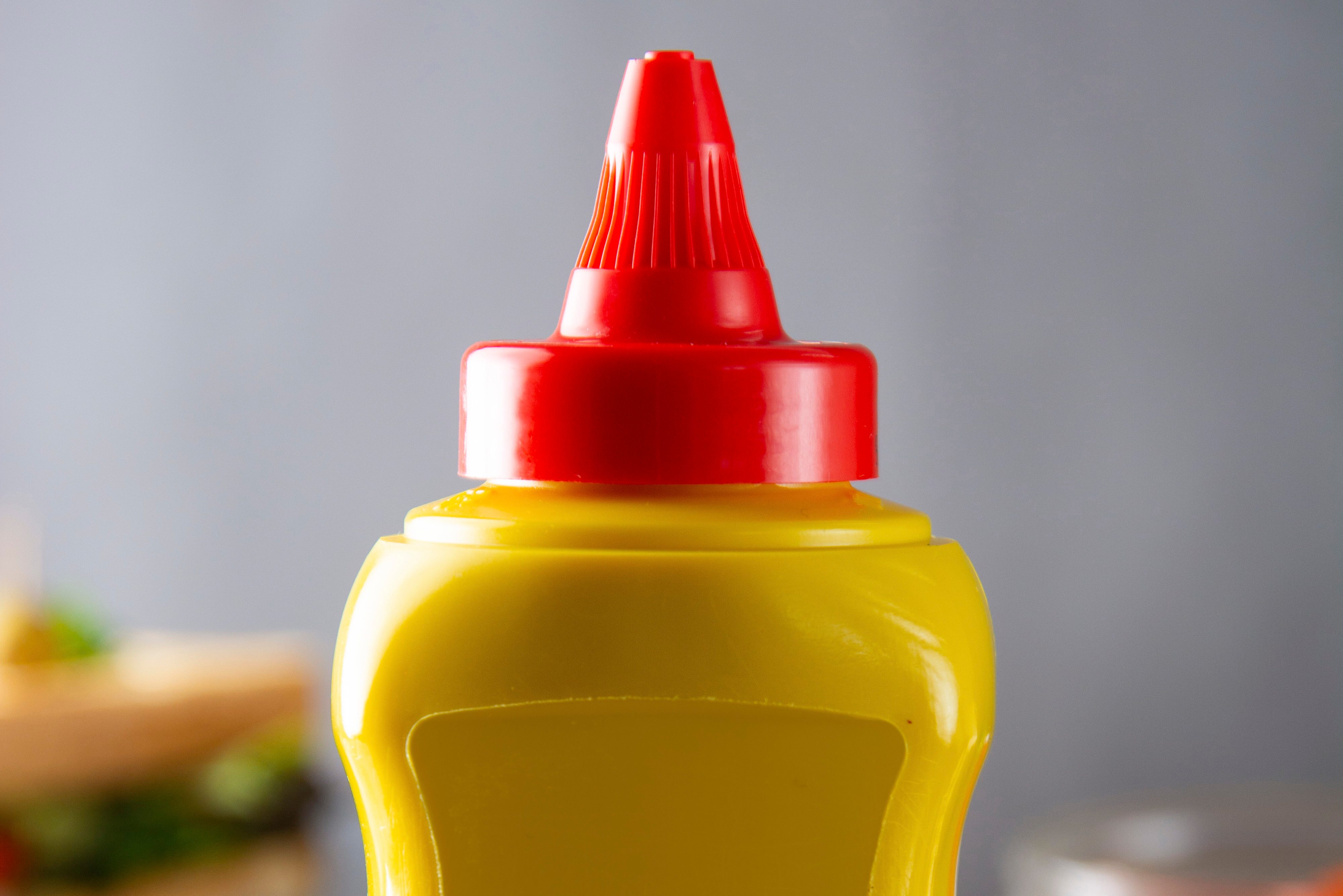
Condiment bottles
Fill old, cleaned-out condiment bottles with pancake batter or icing to create an easy-to-clean breakfast or beautiful cupcake designs.

Prescription bottles
An empty prescription bottle can become a handy, travel-sized first aid kit with enough space for some Band-Aids, gauze pads, and ibuprofen. The small bottle won’t take up too much space in a backpack and you’ll be the hero of the group when someone scrapes their knee or has a blister on their foot.
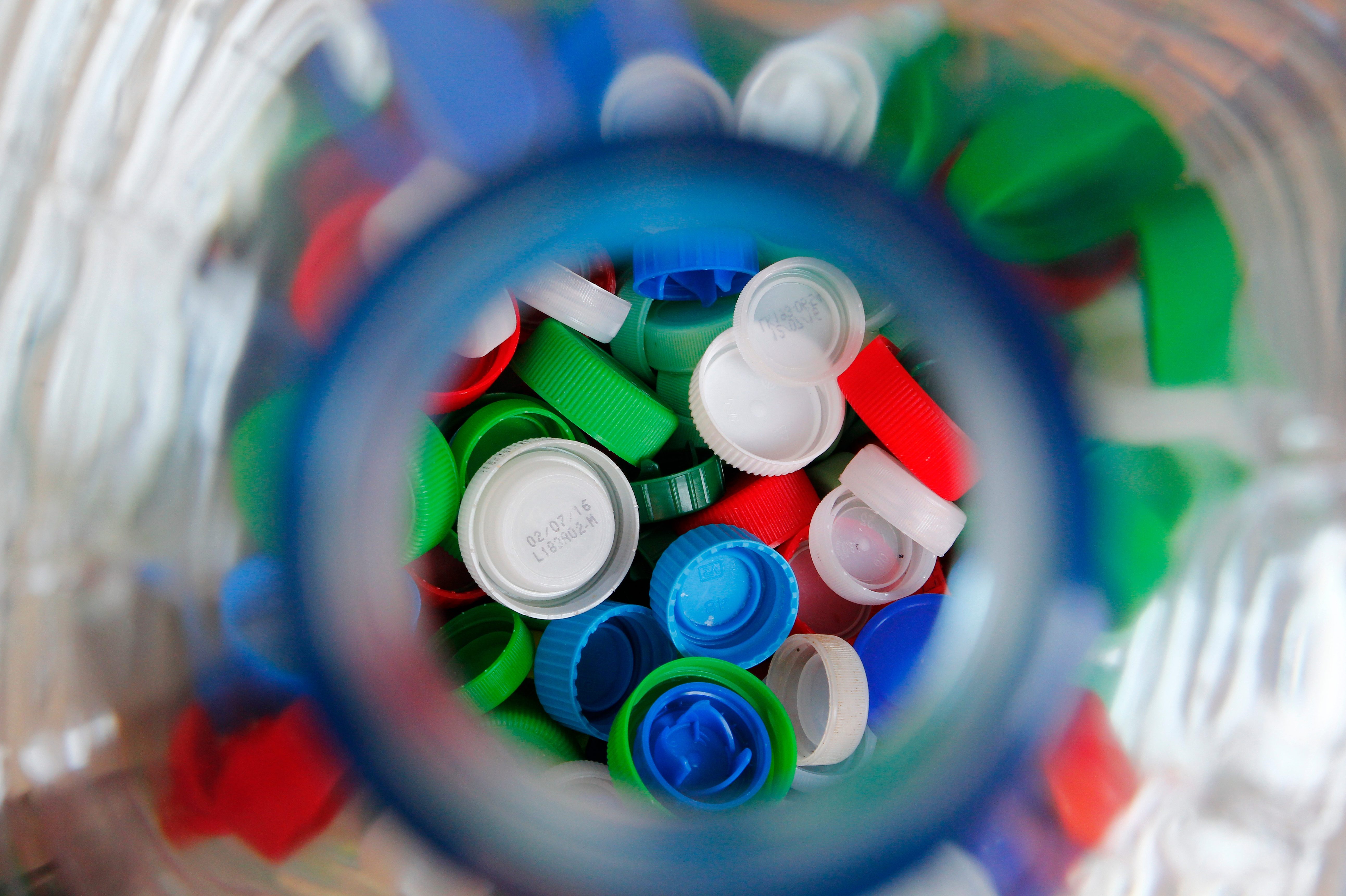
Bottle caps
Fill bottle caps with wax to make tiny candles. These are especially great for large gatherings that call for a couple decorative candles on each table.
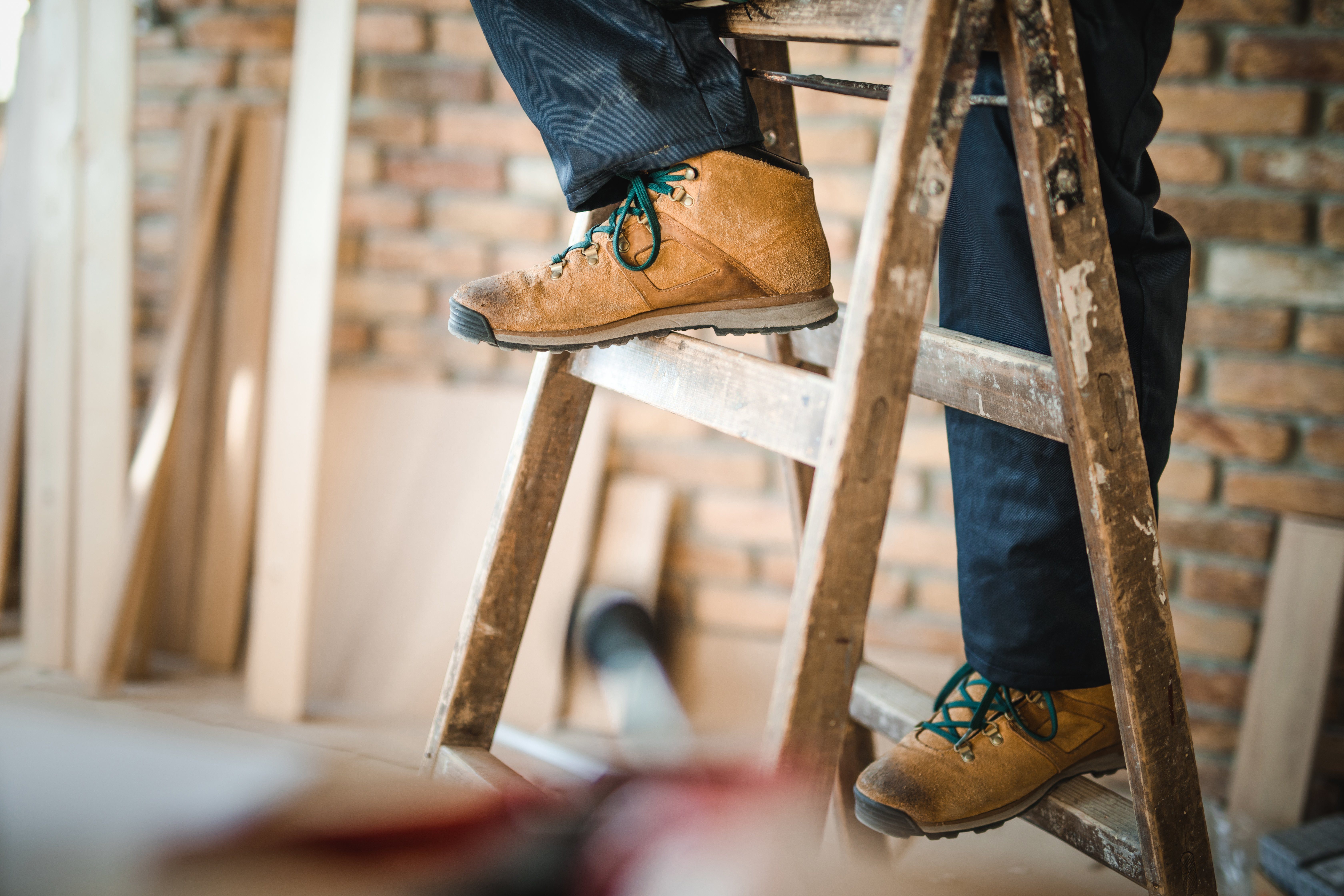
Ladders
If your ladder isn’t sturdy enough for you to climb comfortably, use it as a trendy shelving unit. Just lean it against a wall and fill it with books, plants, and photos.
Next, learn which long shelf life foods to keep in your pantry.
